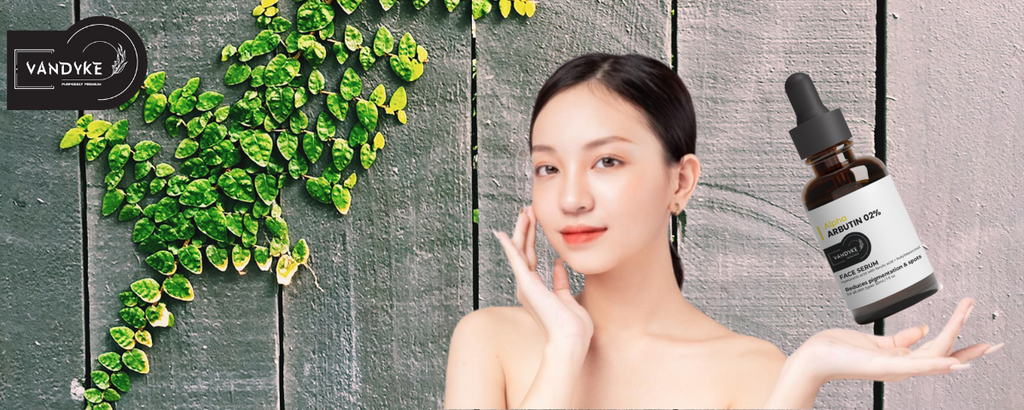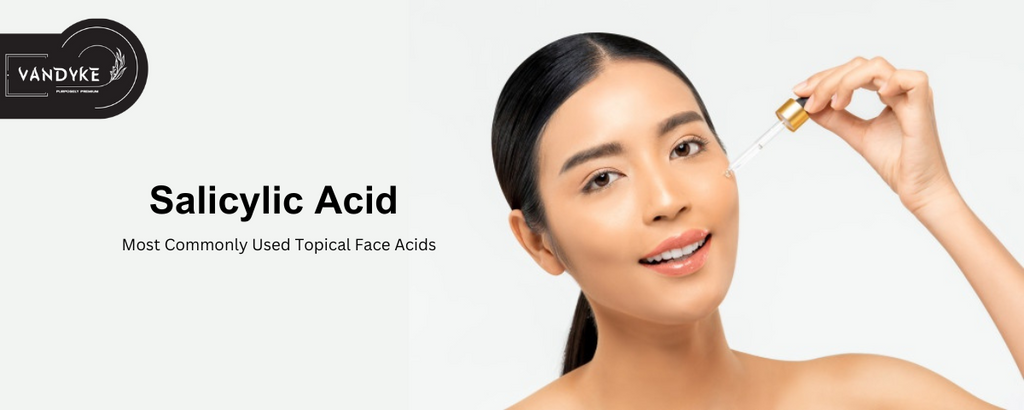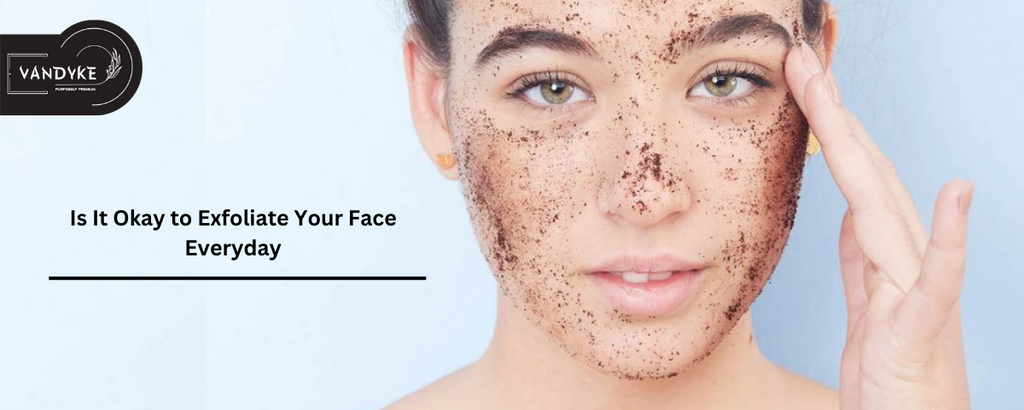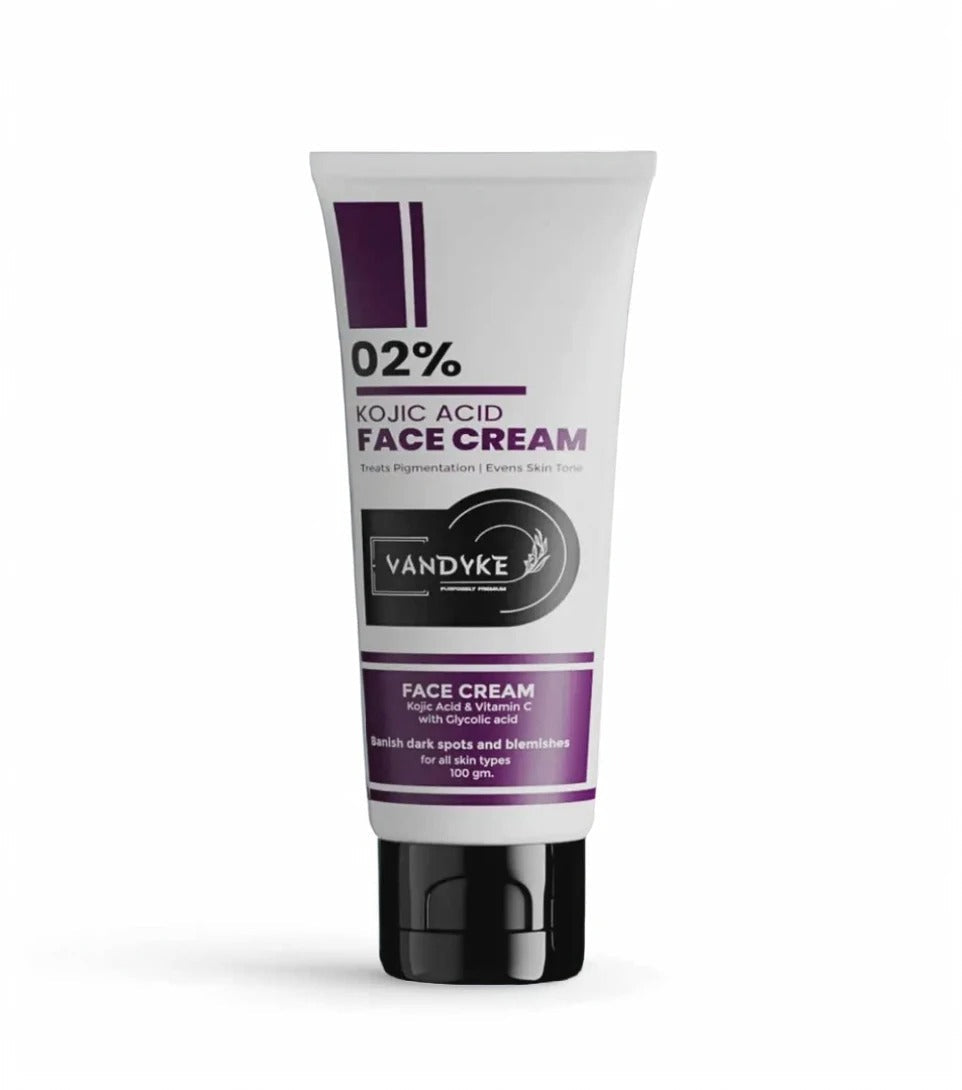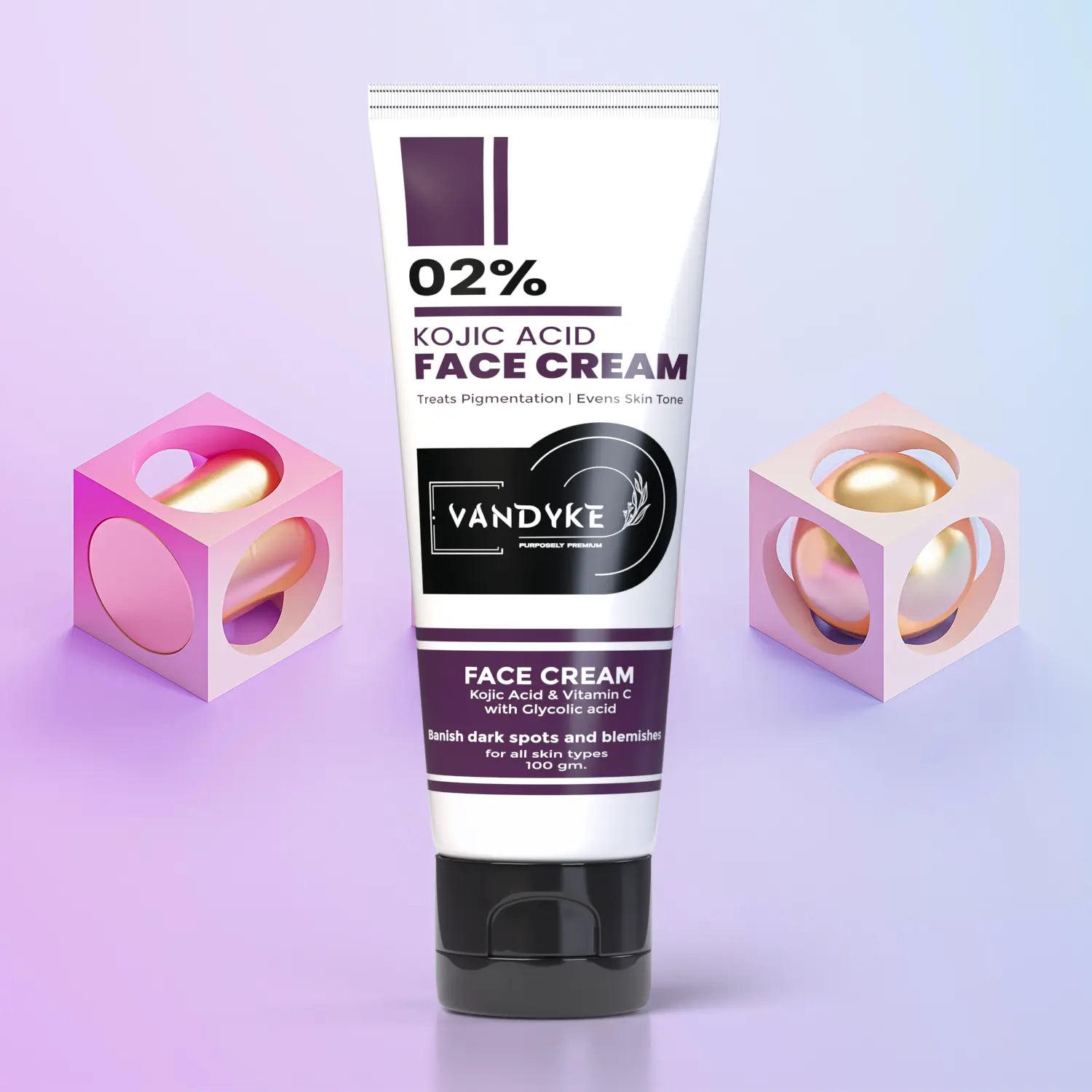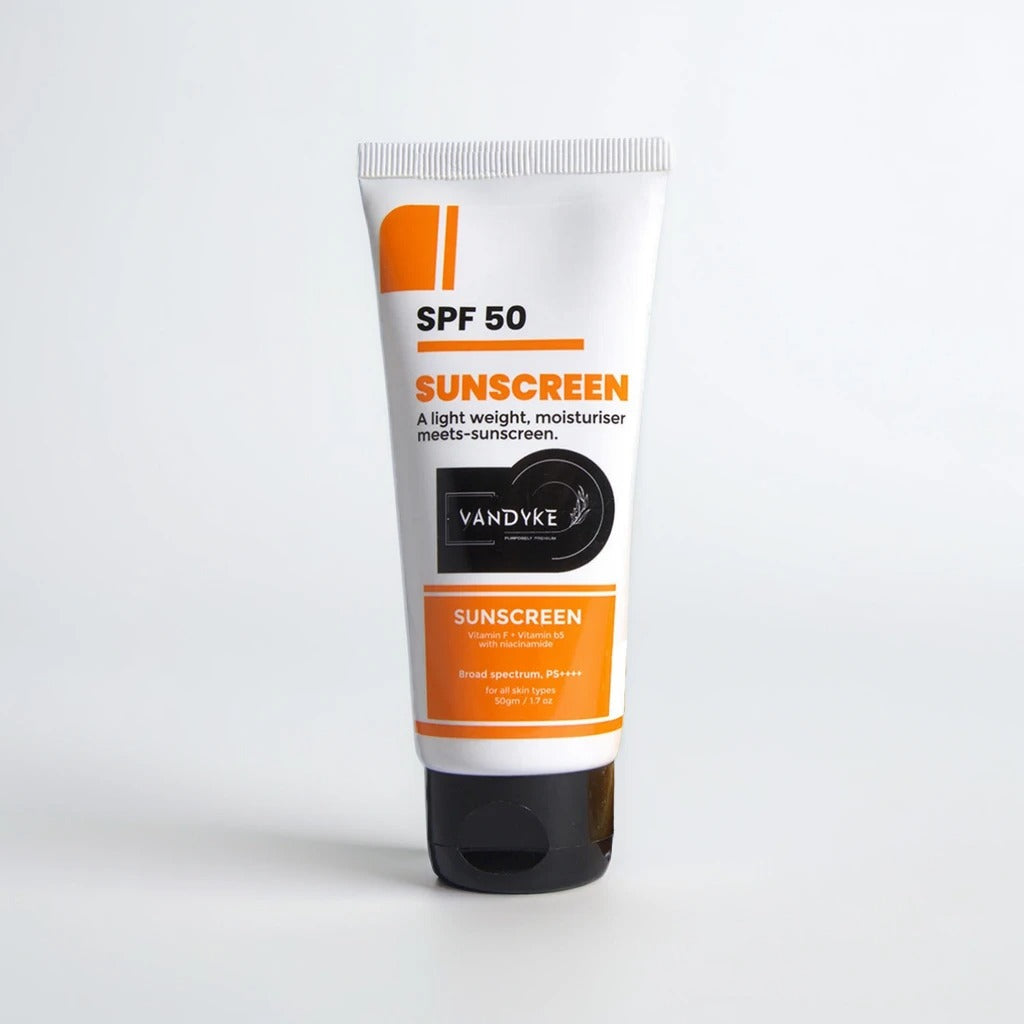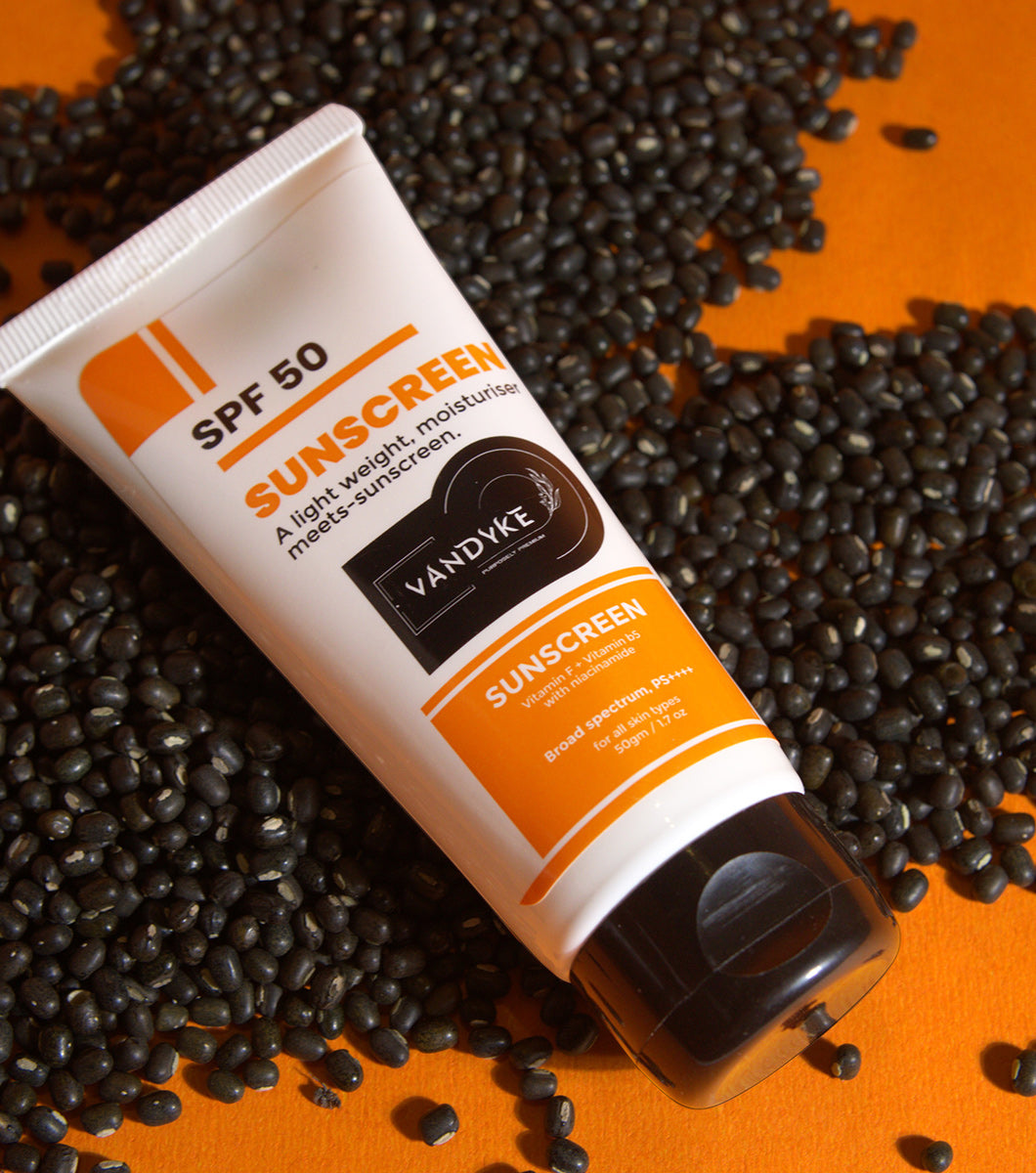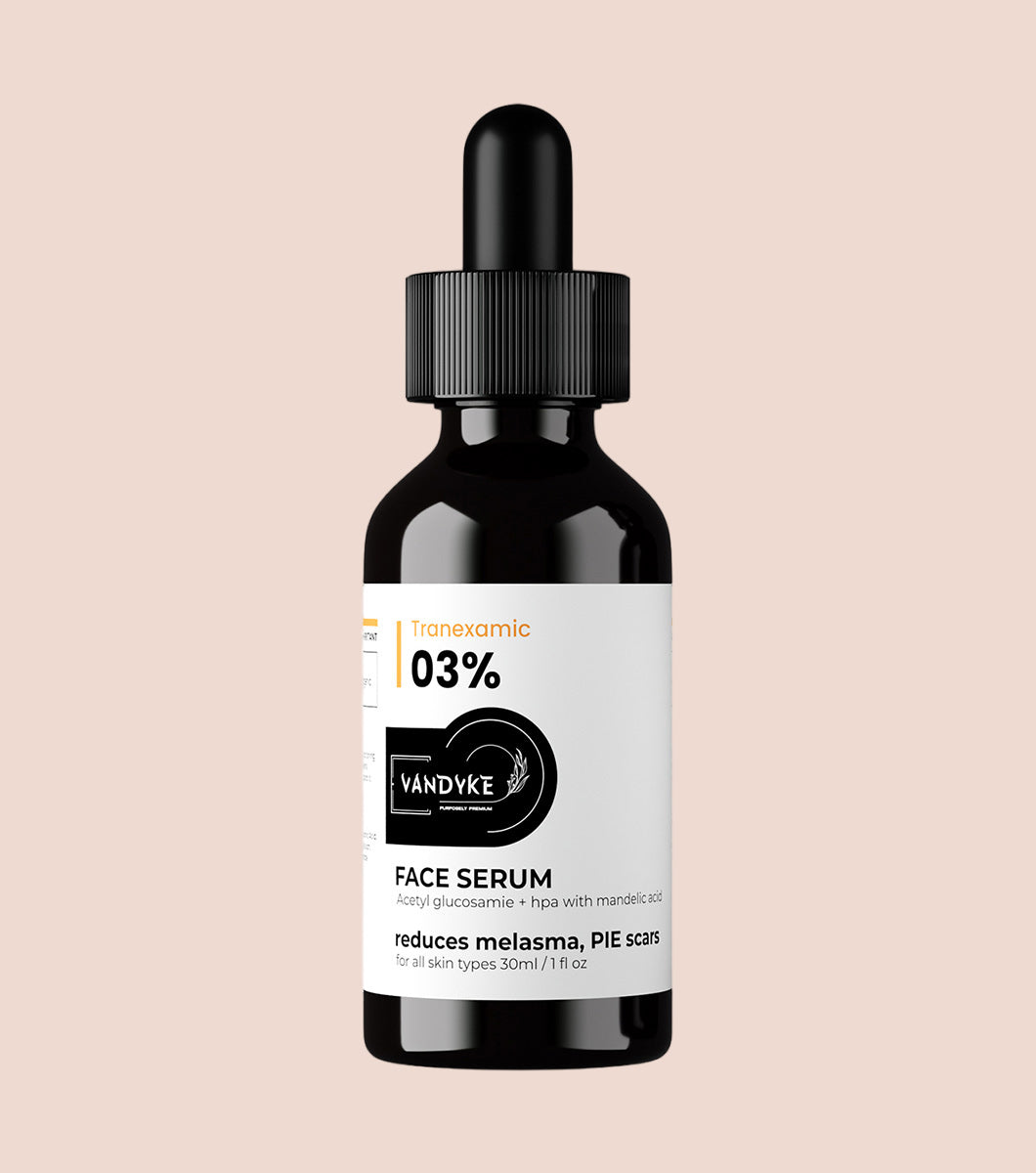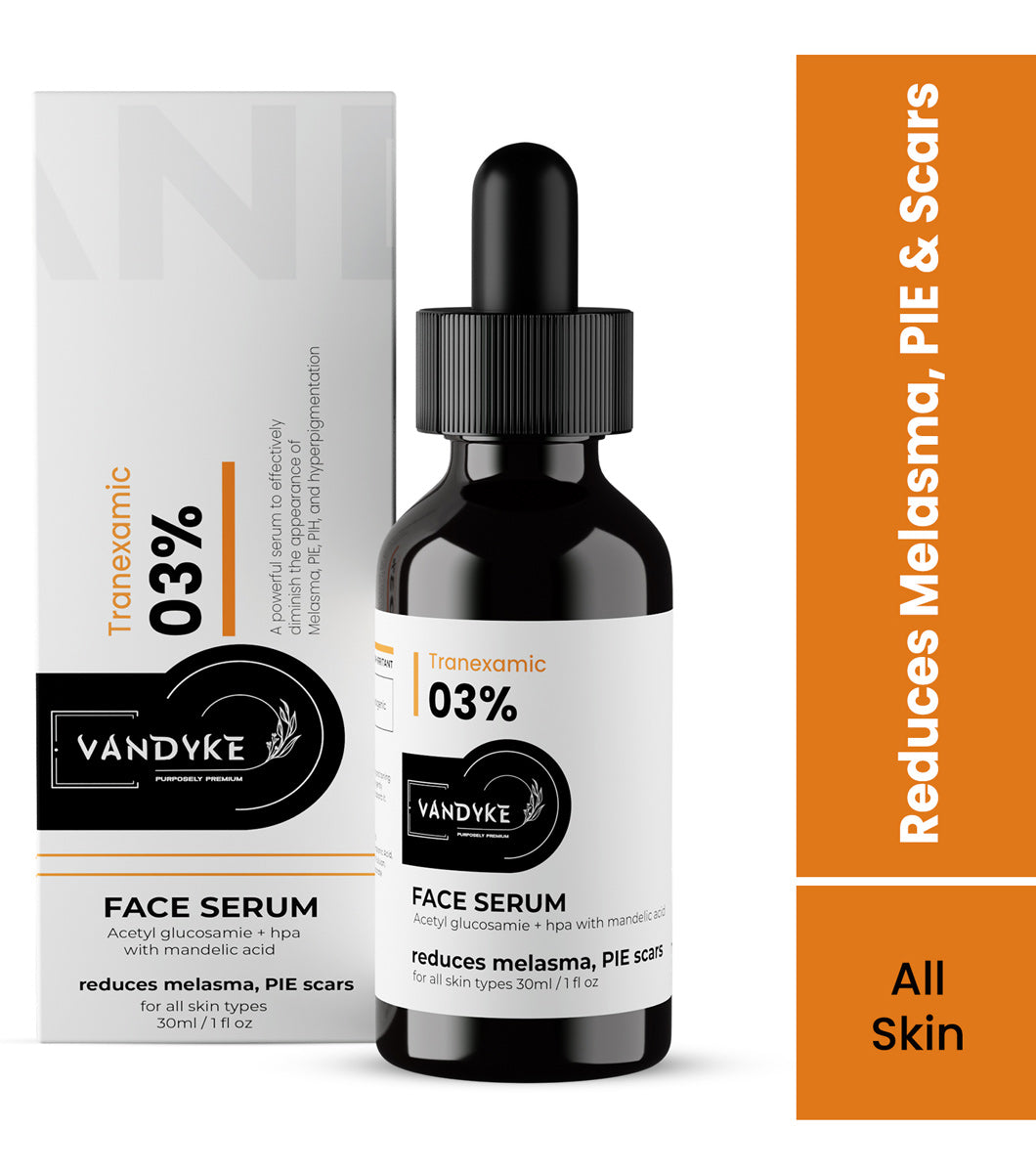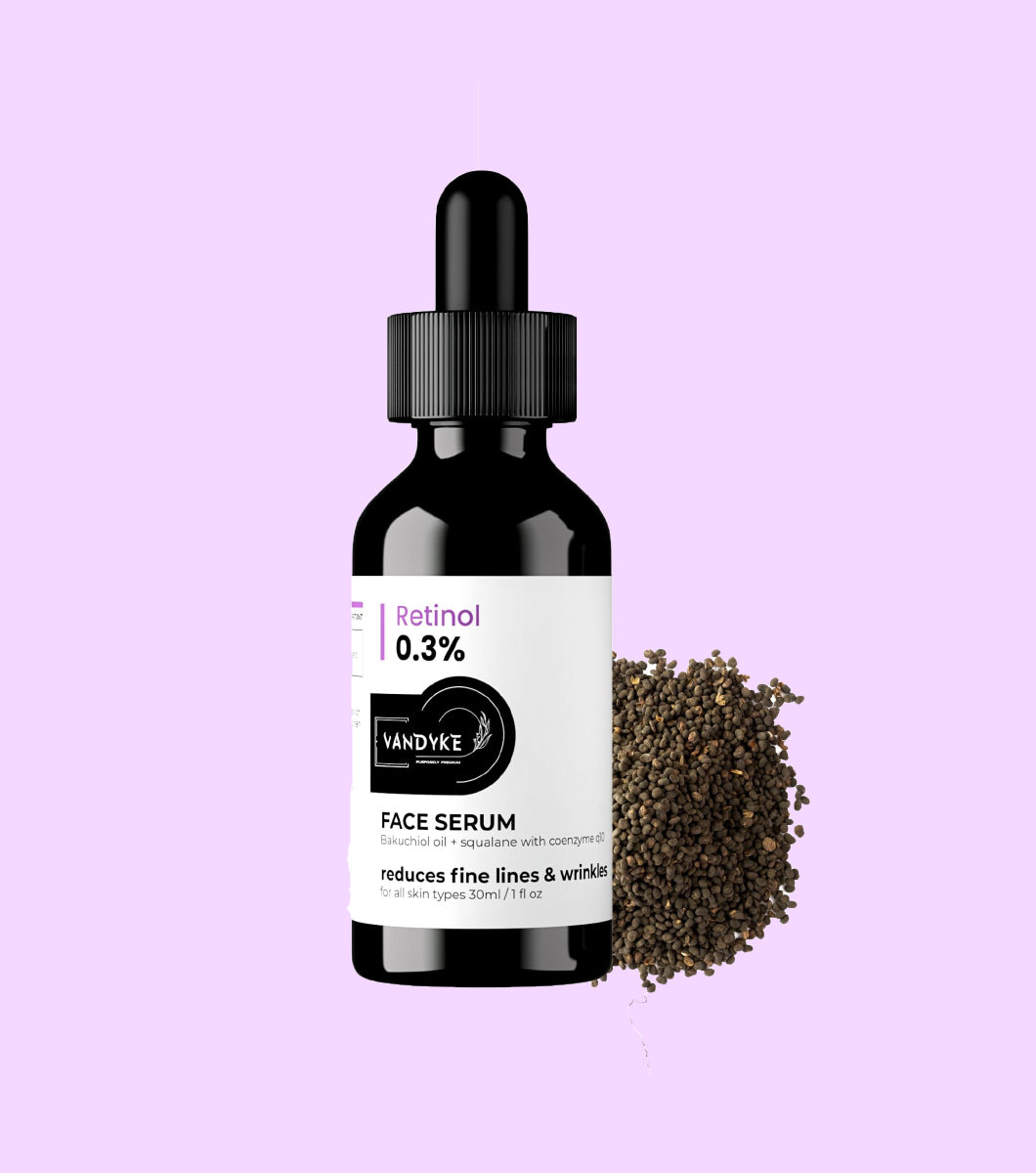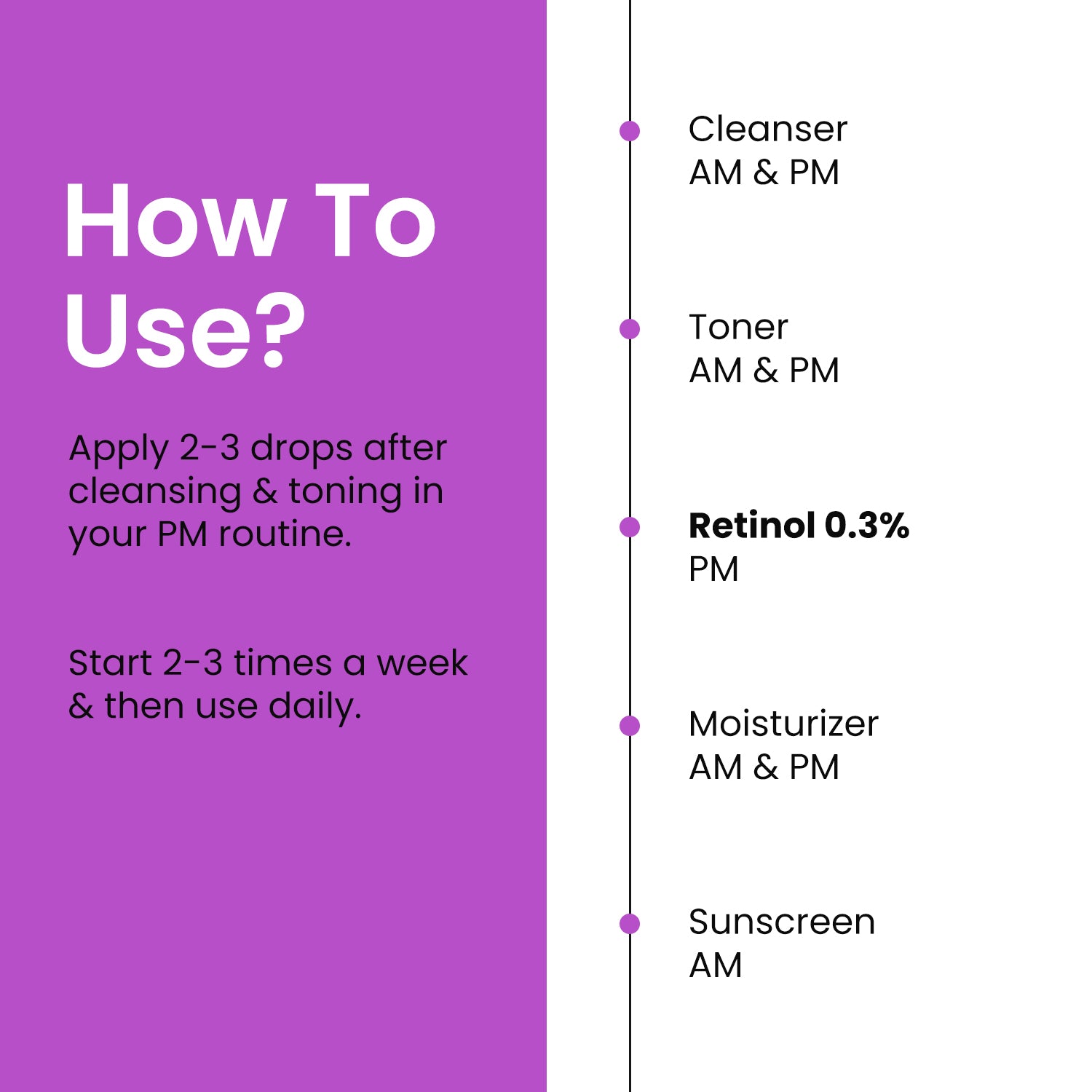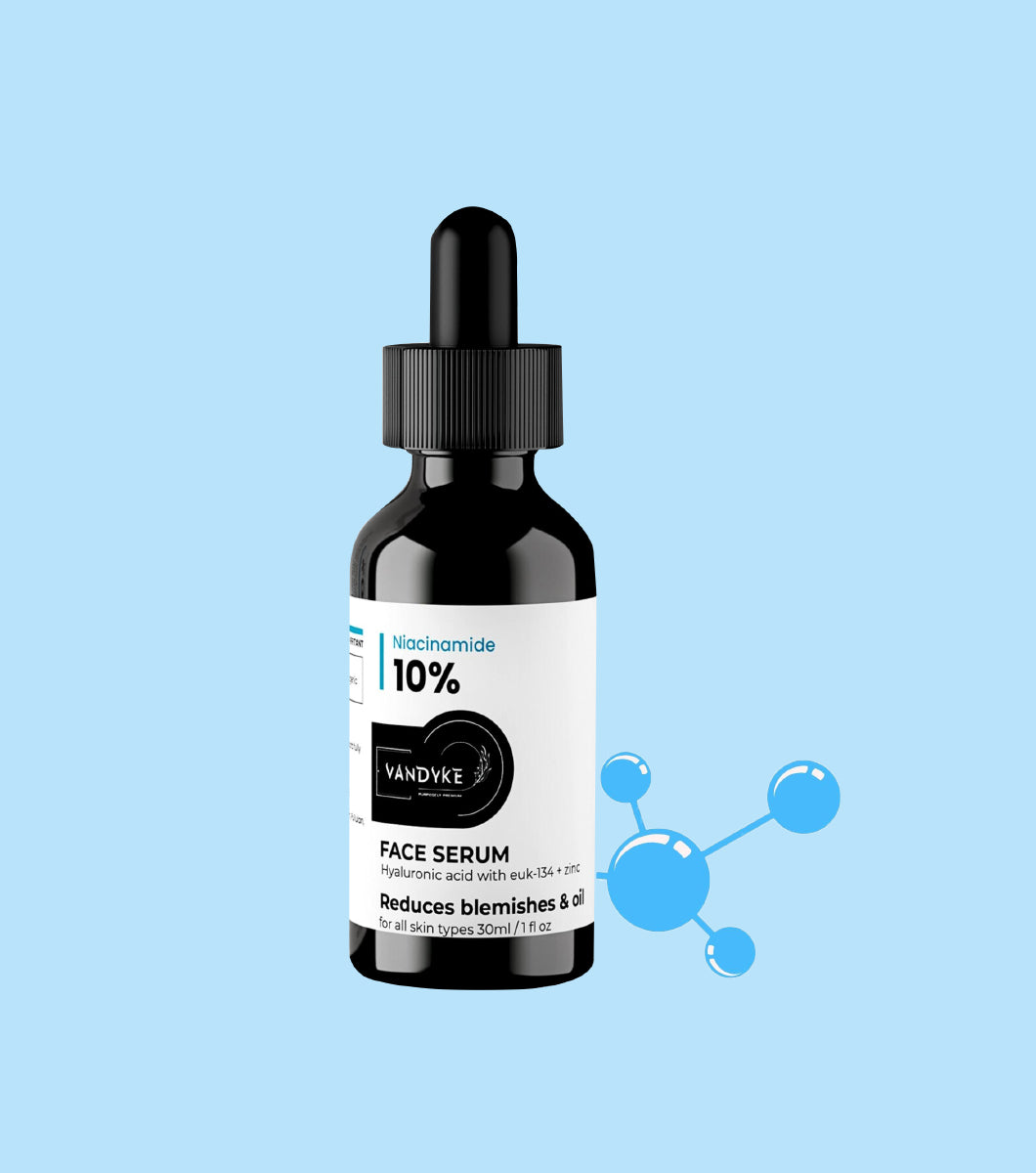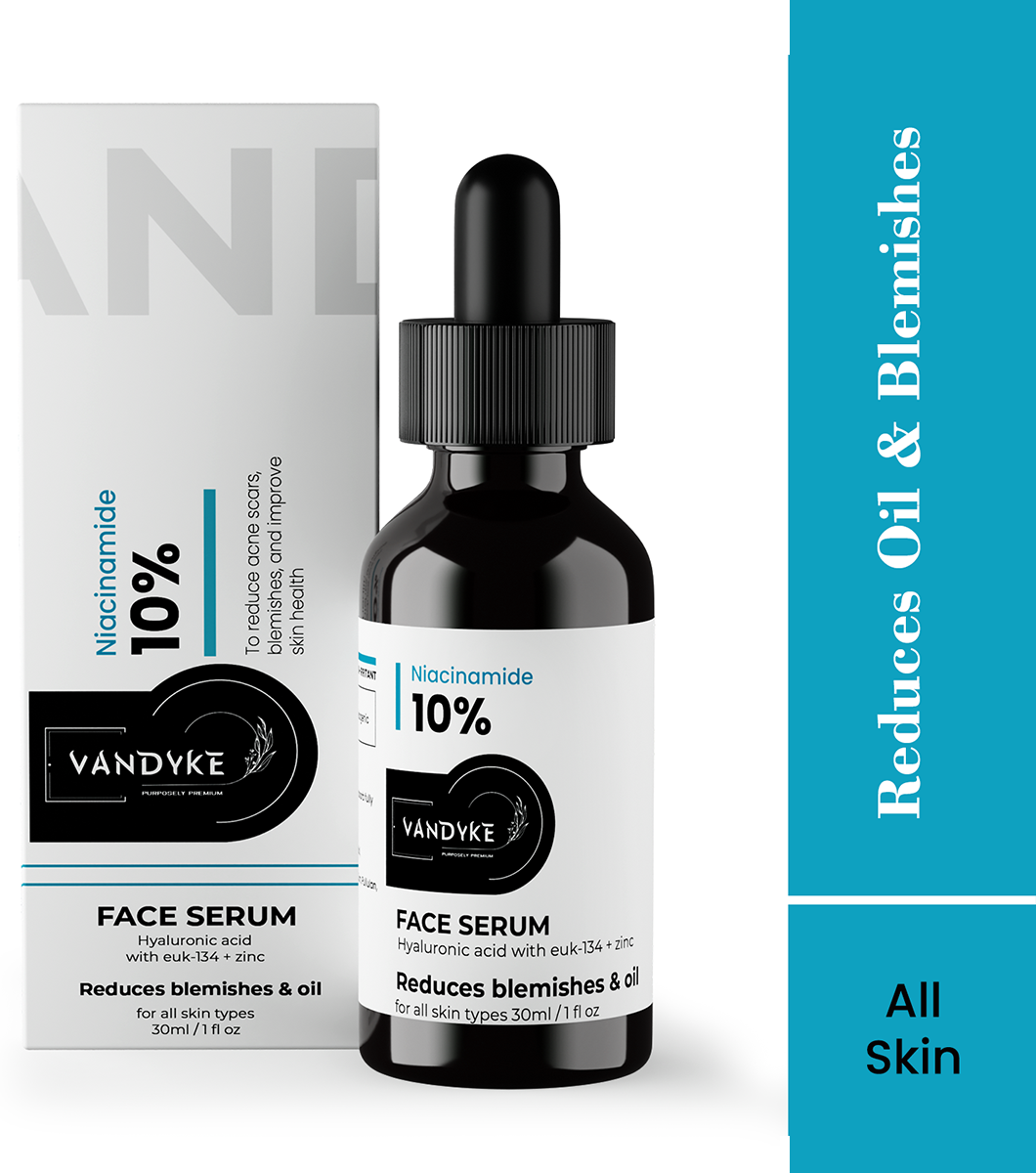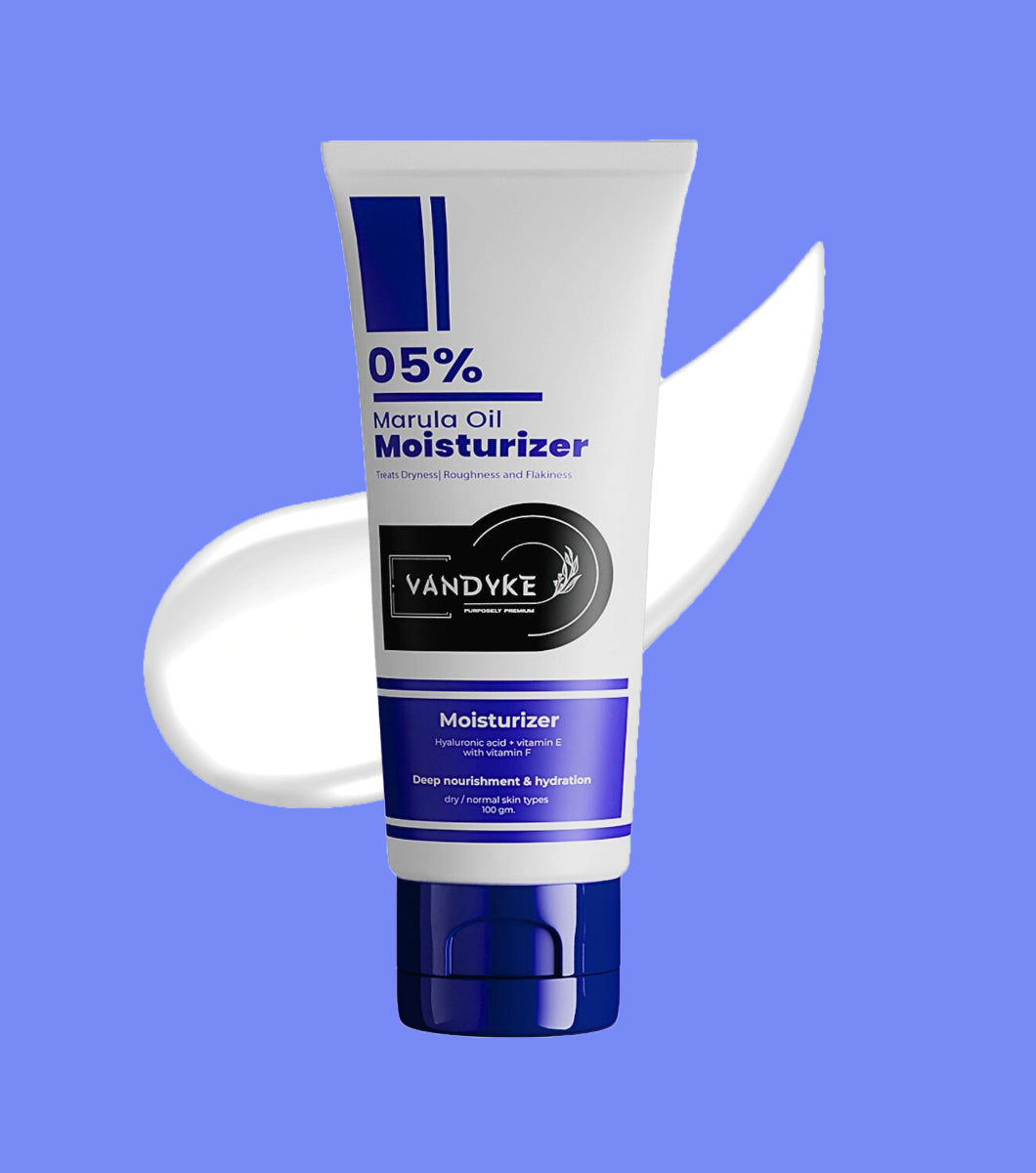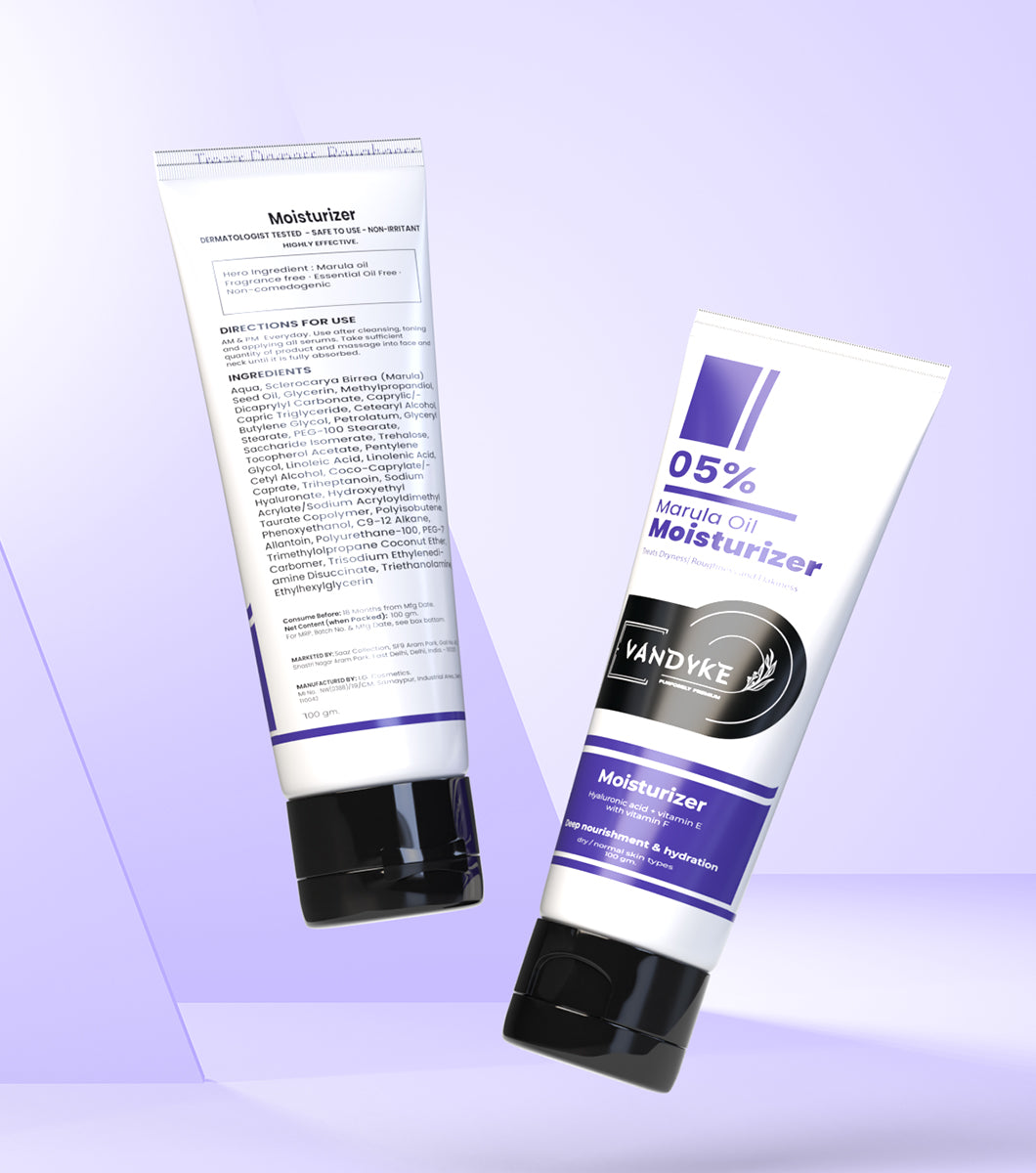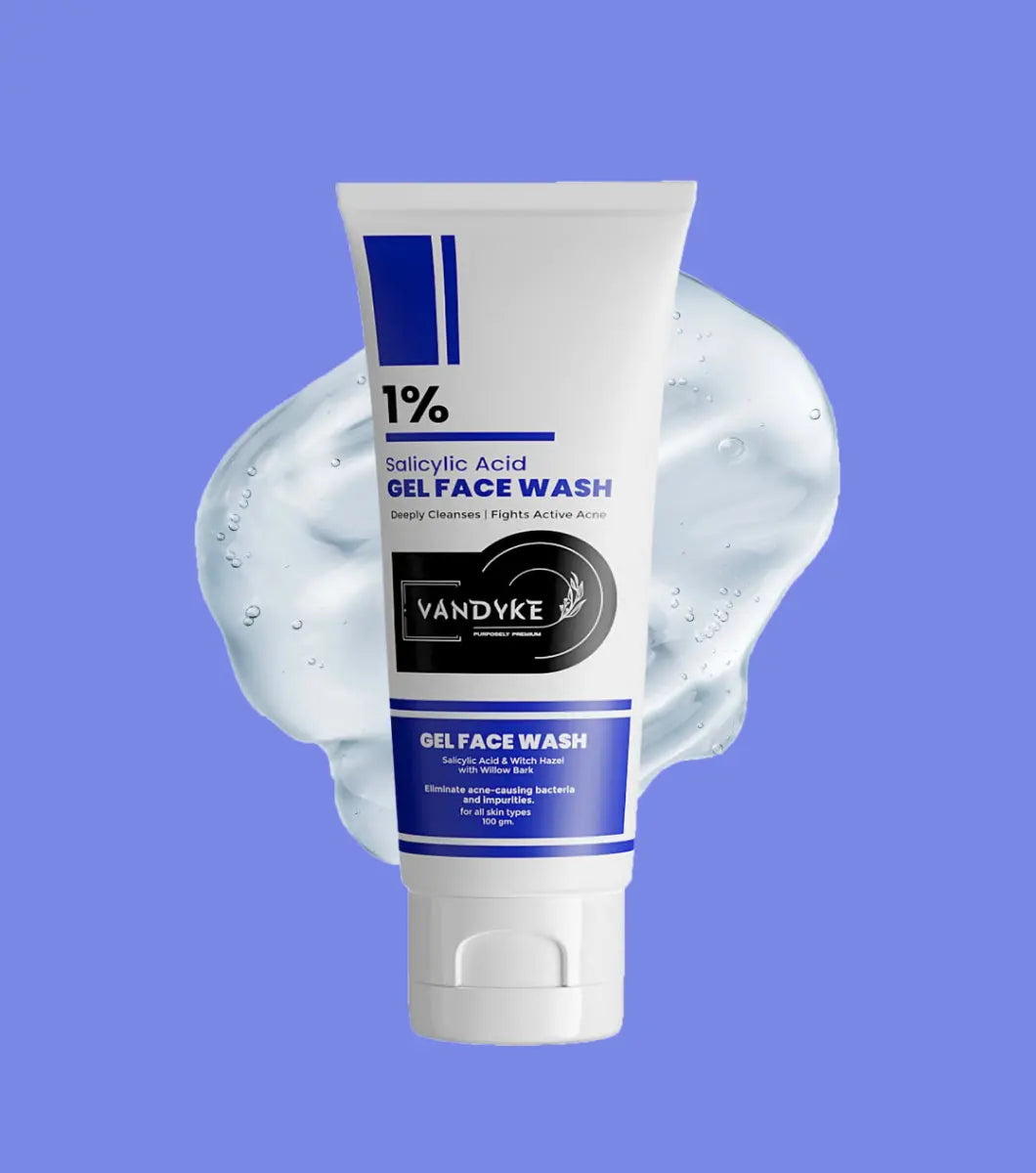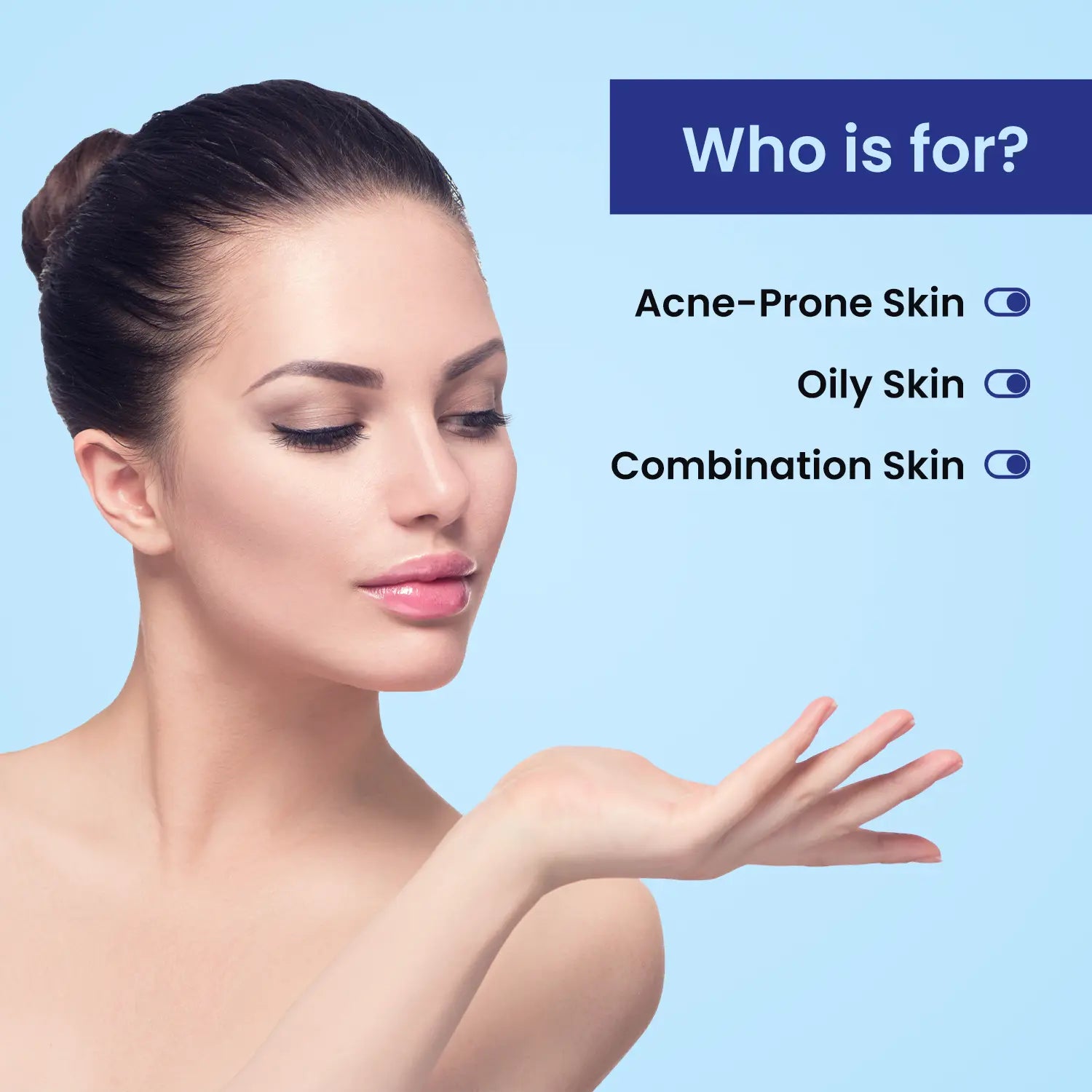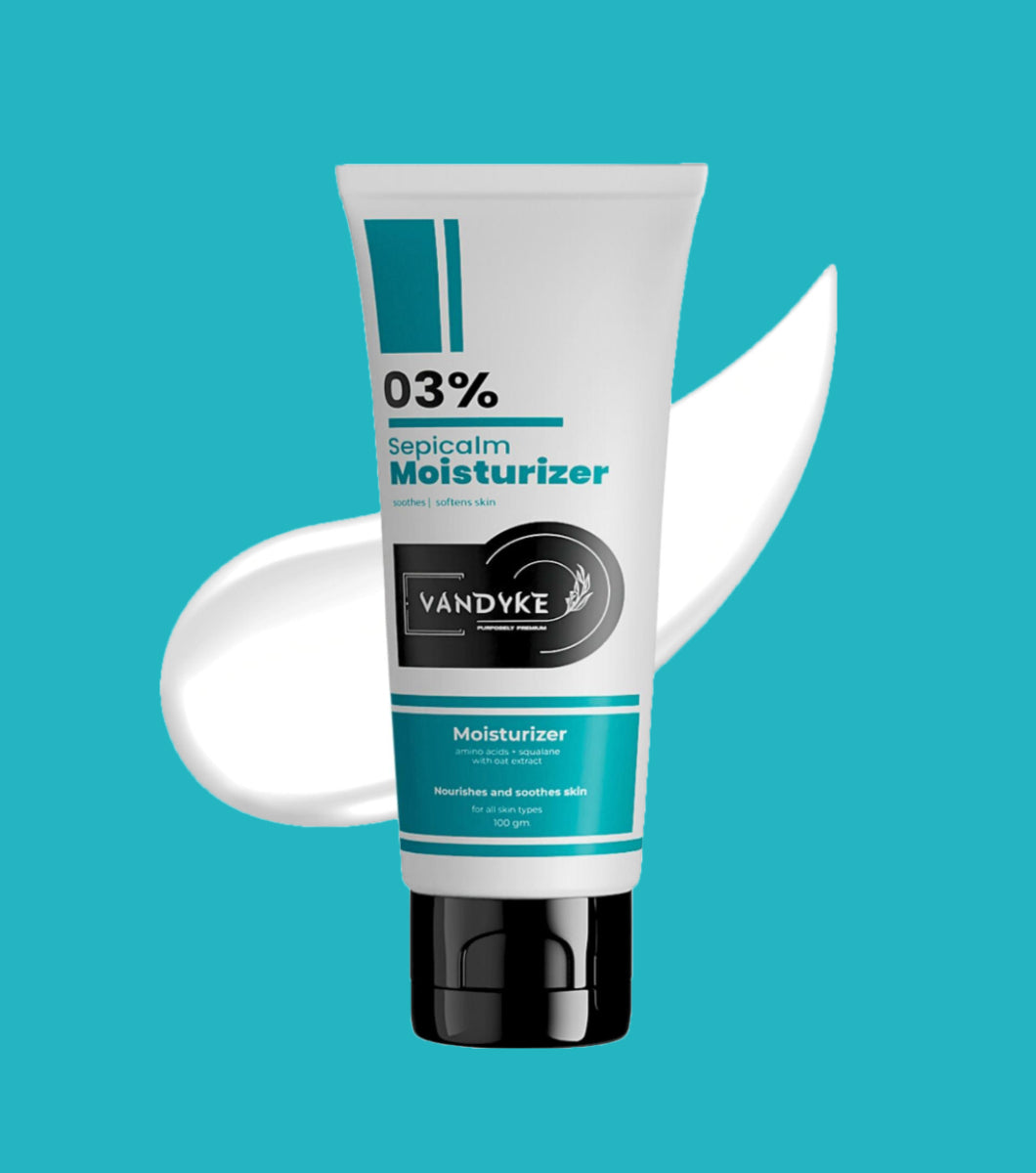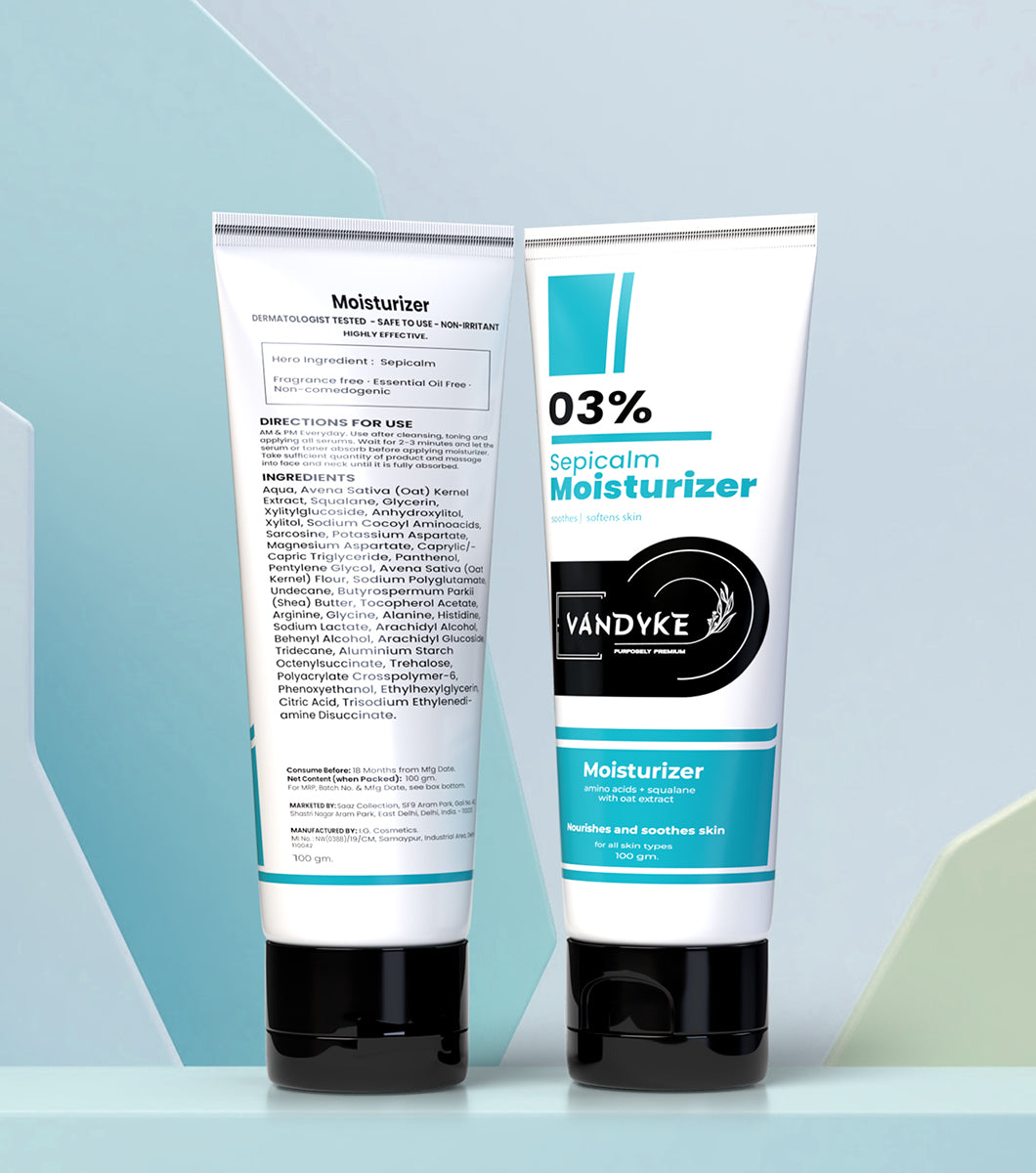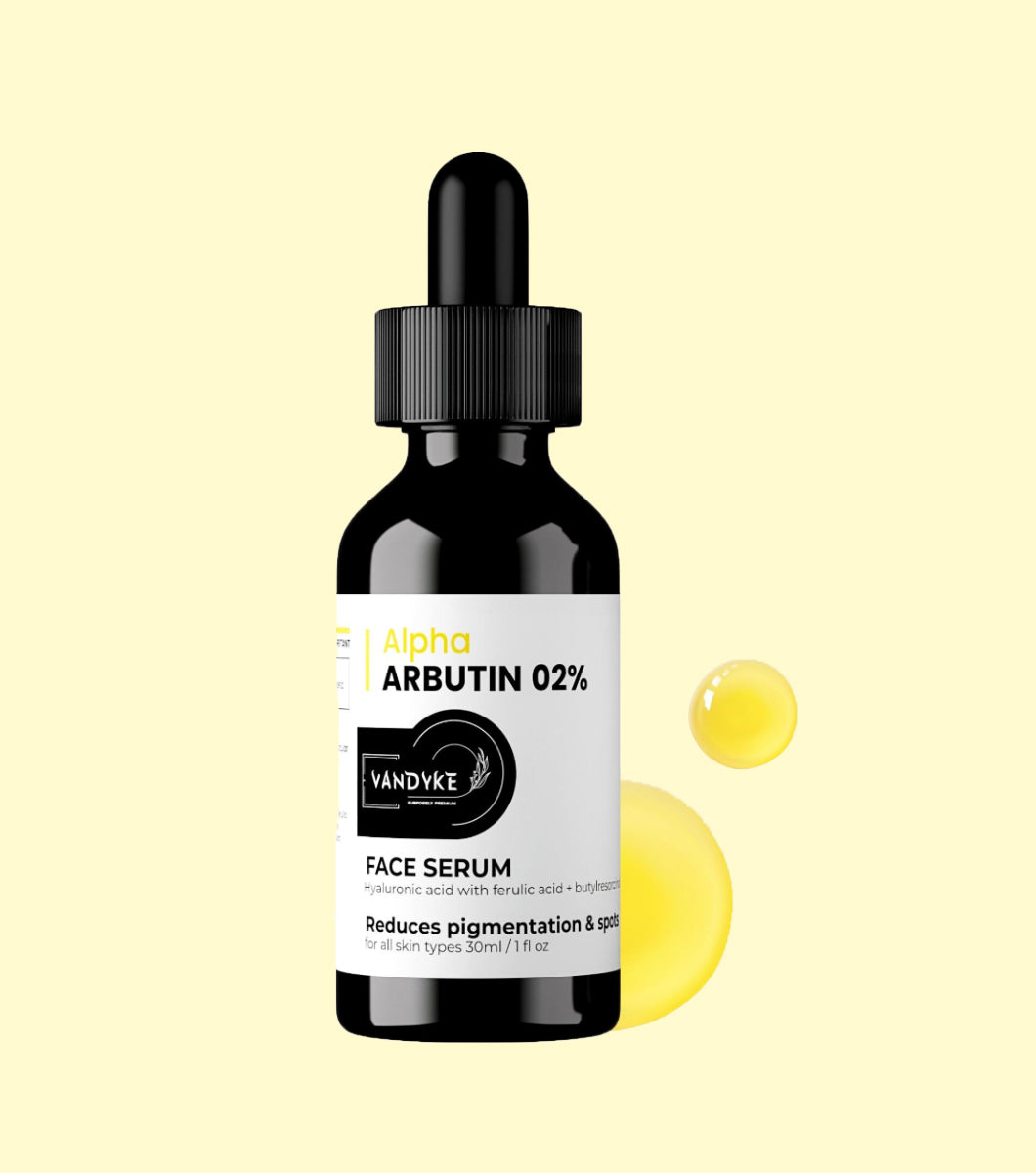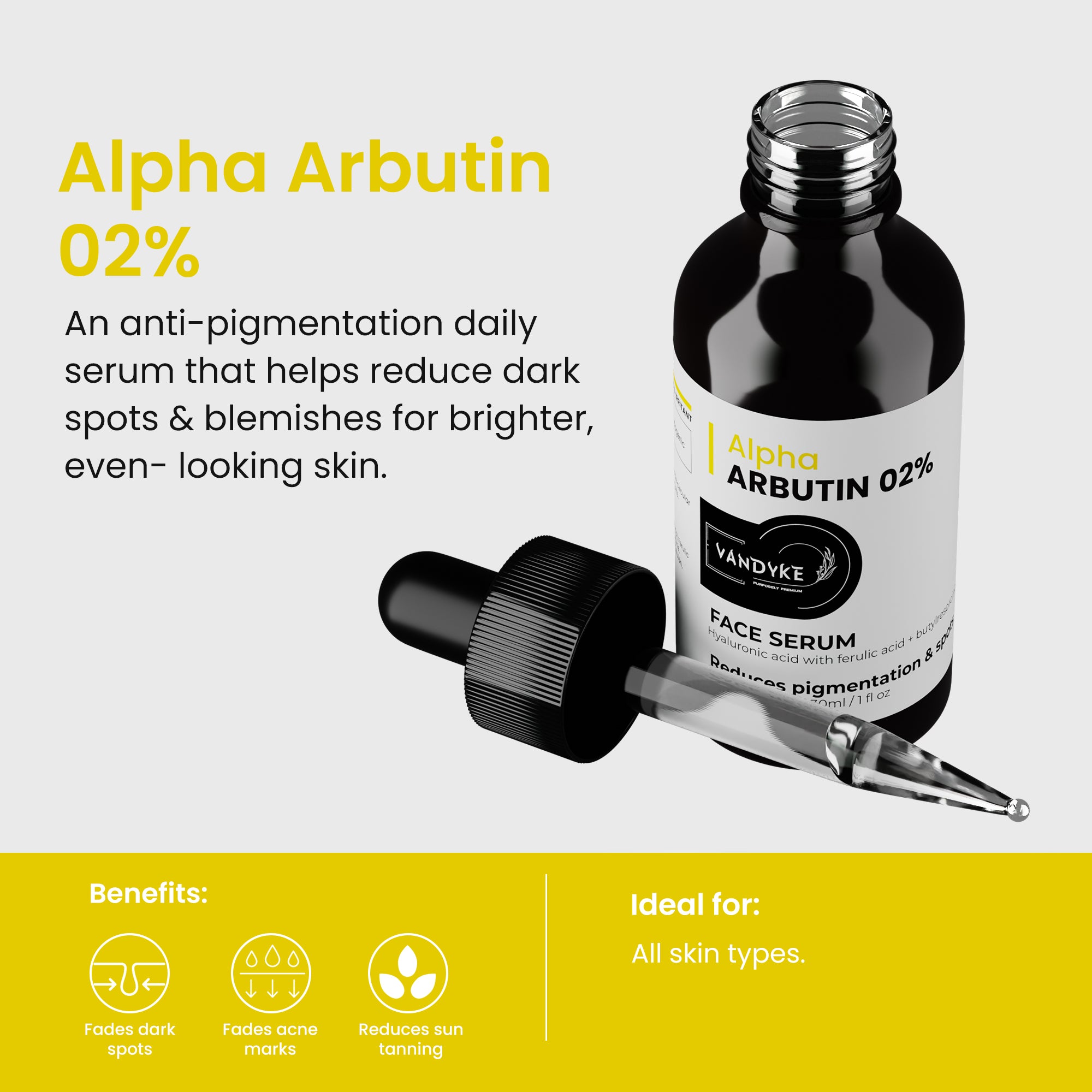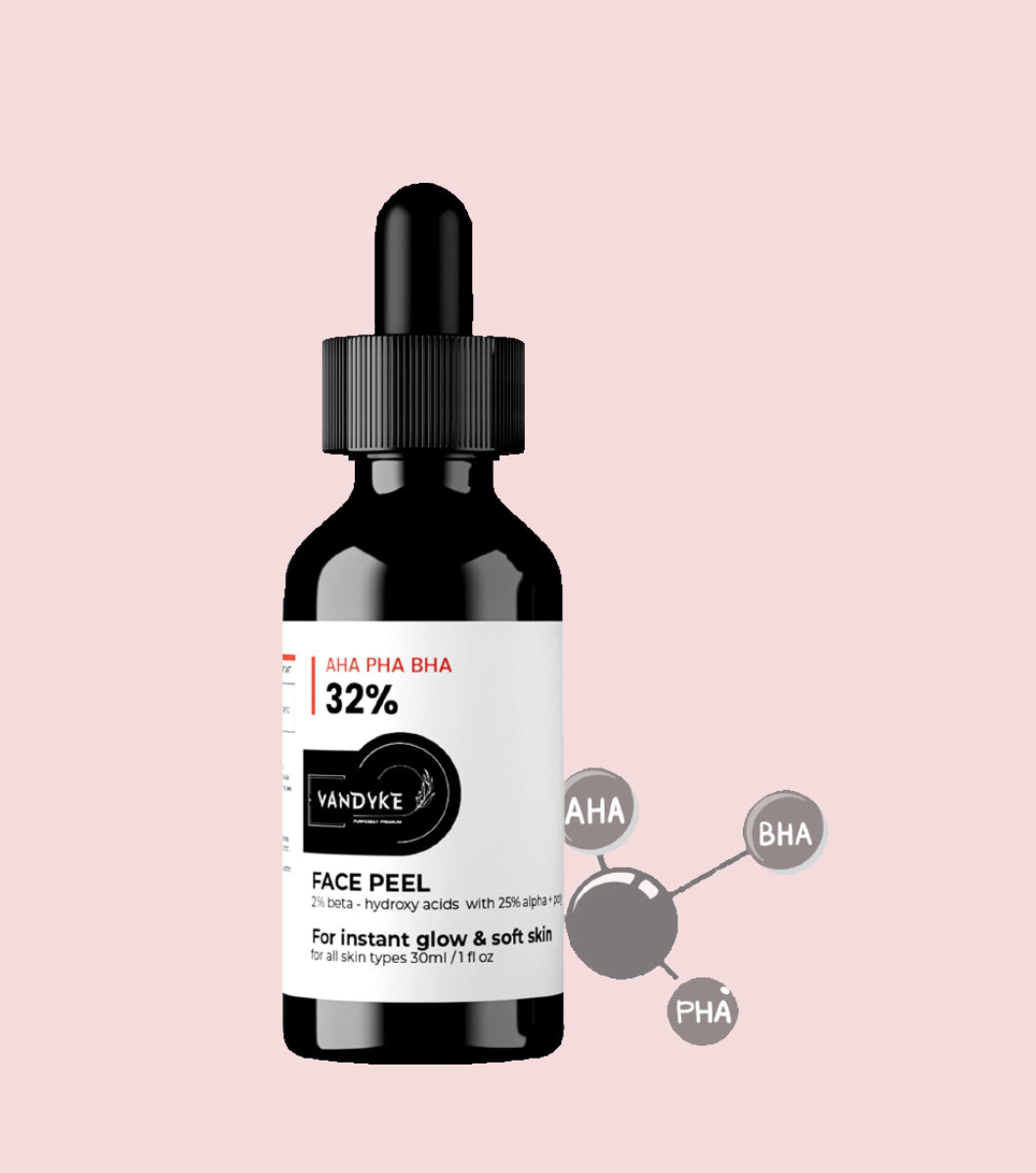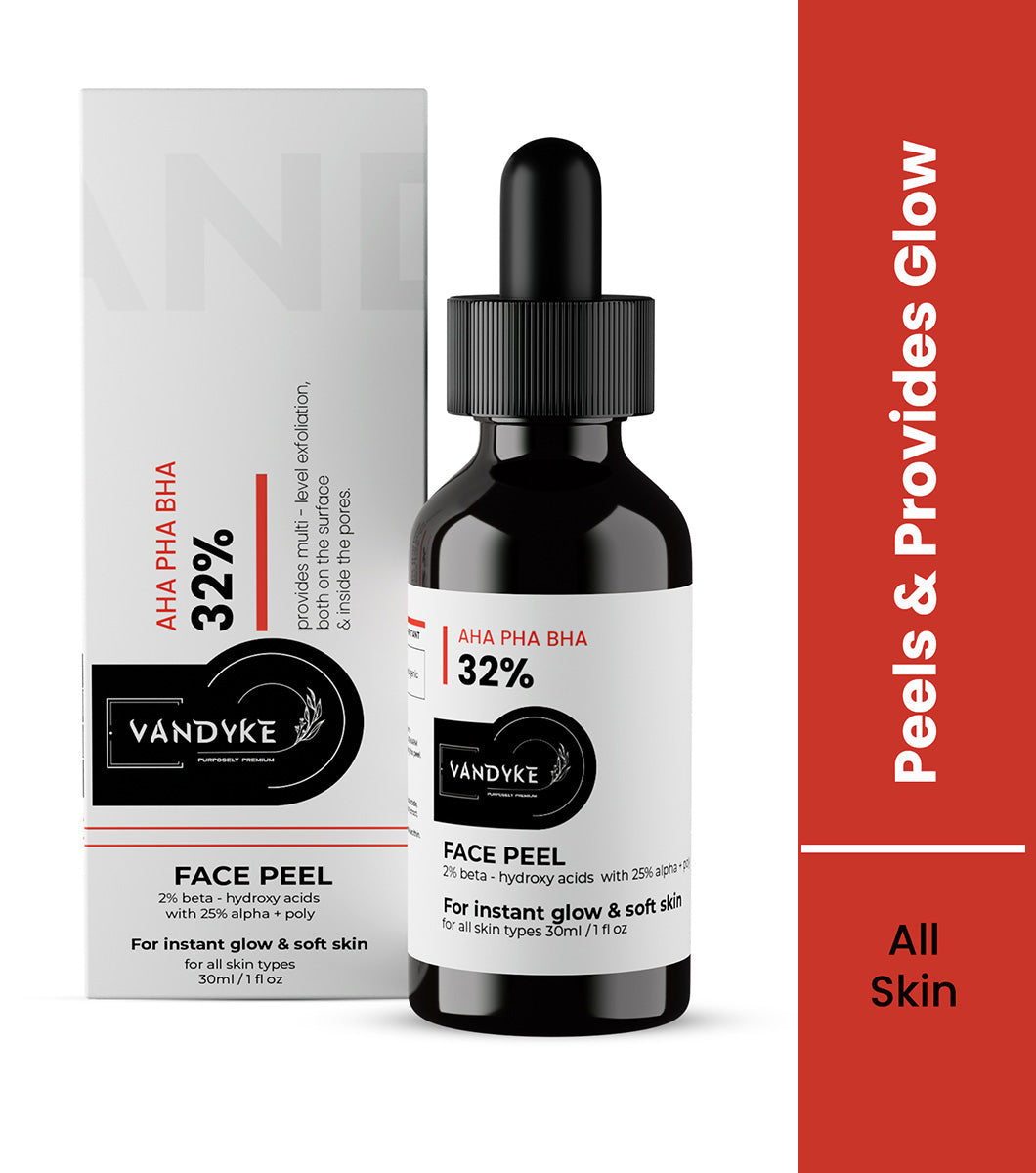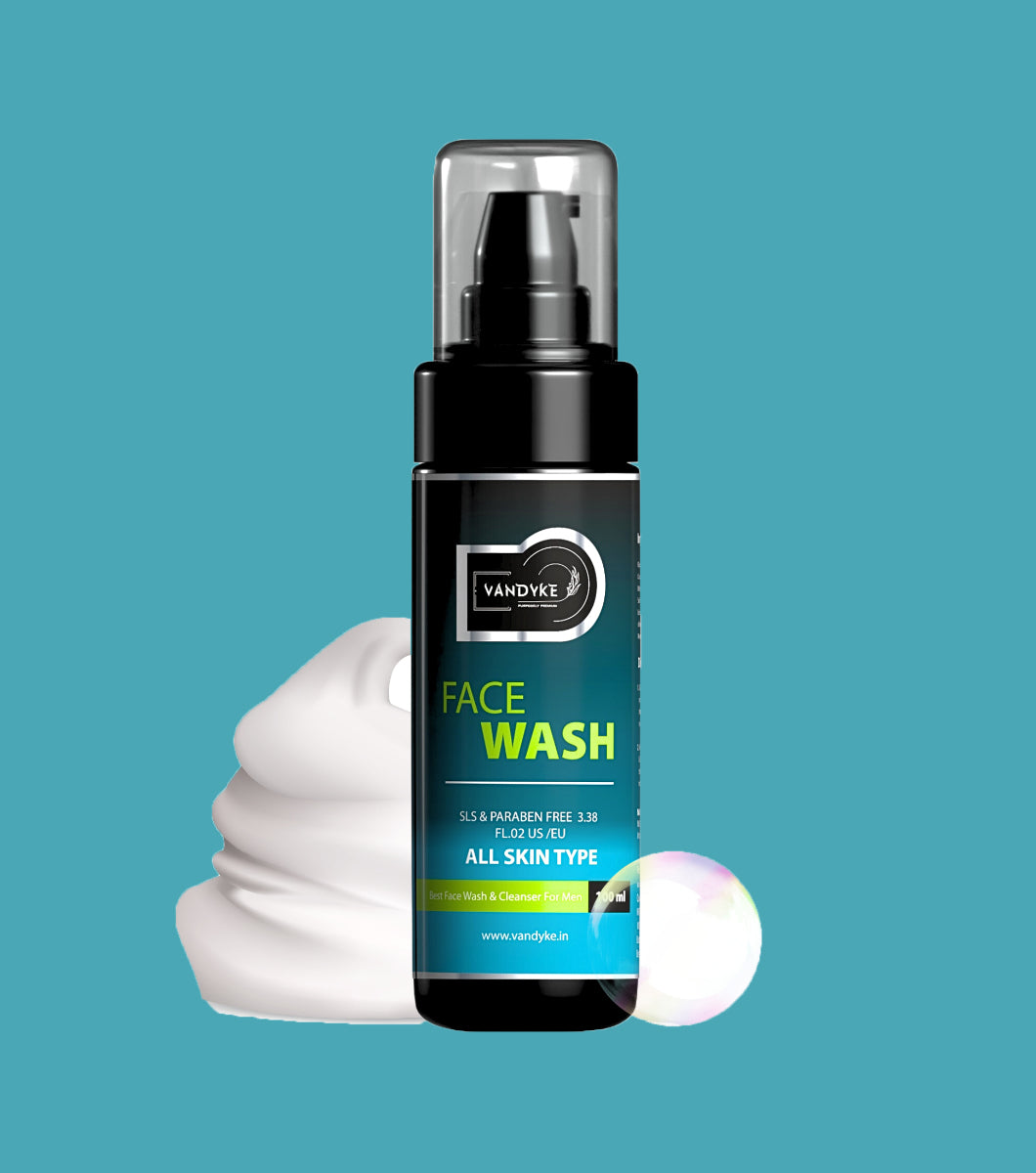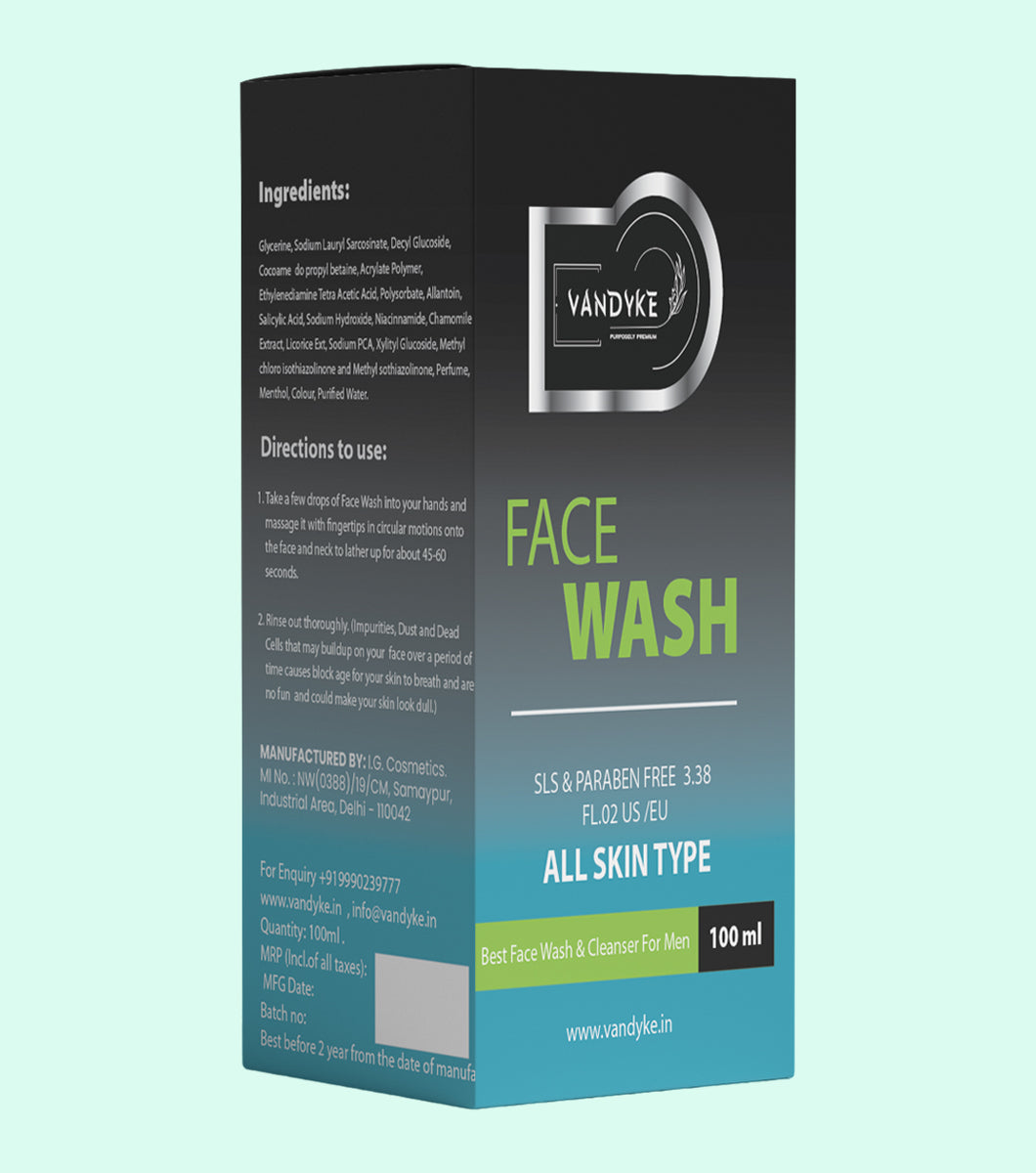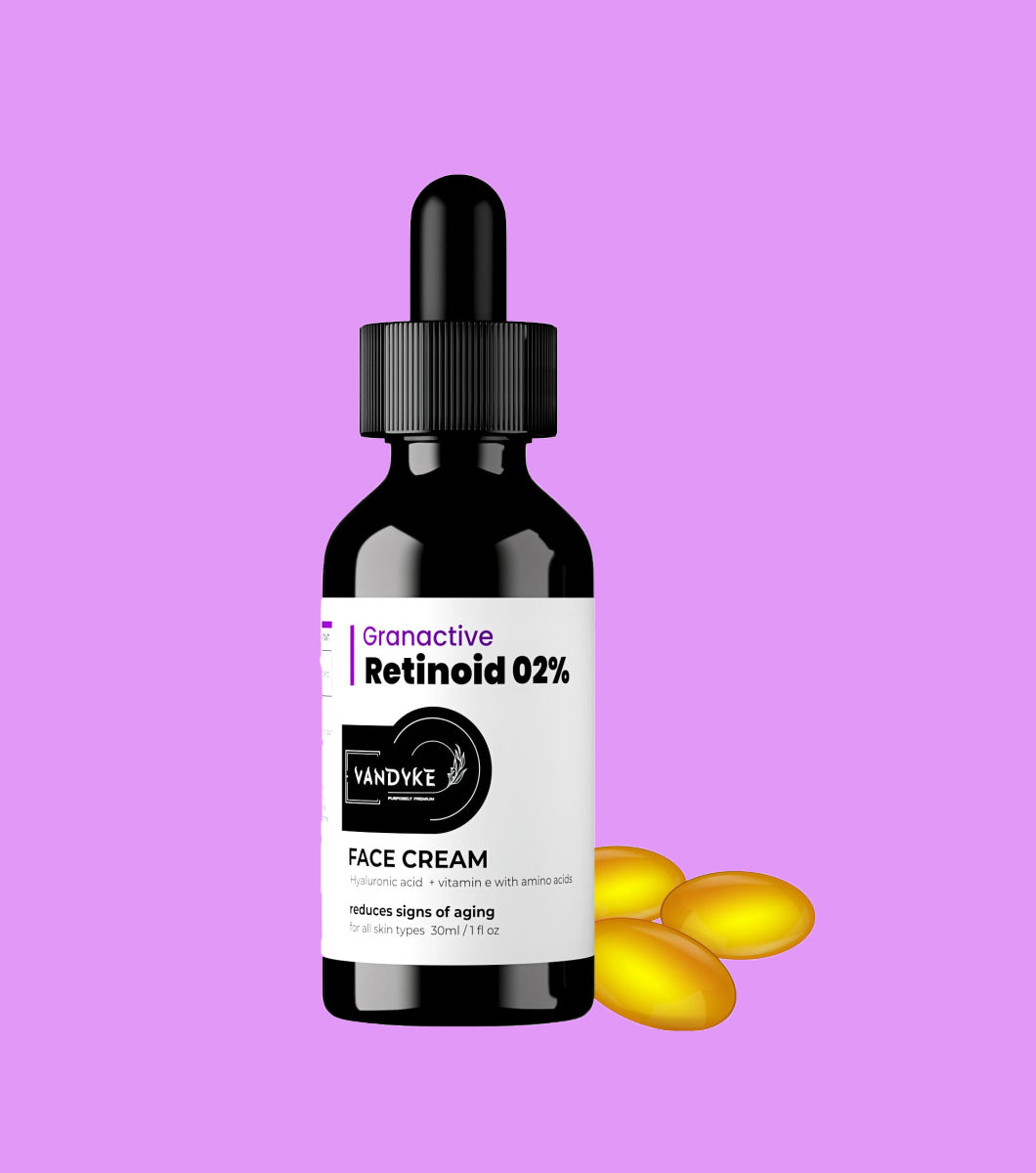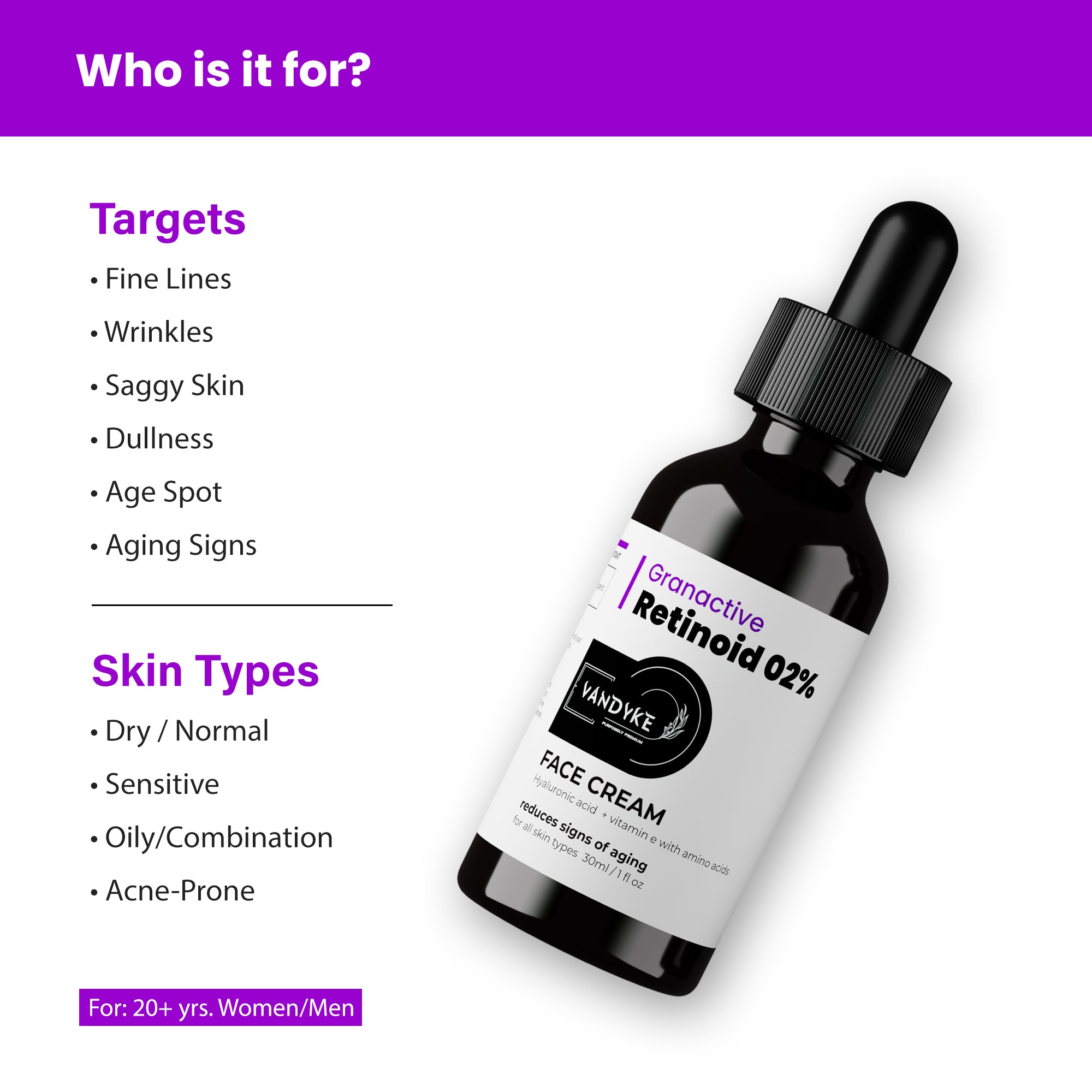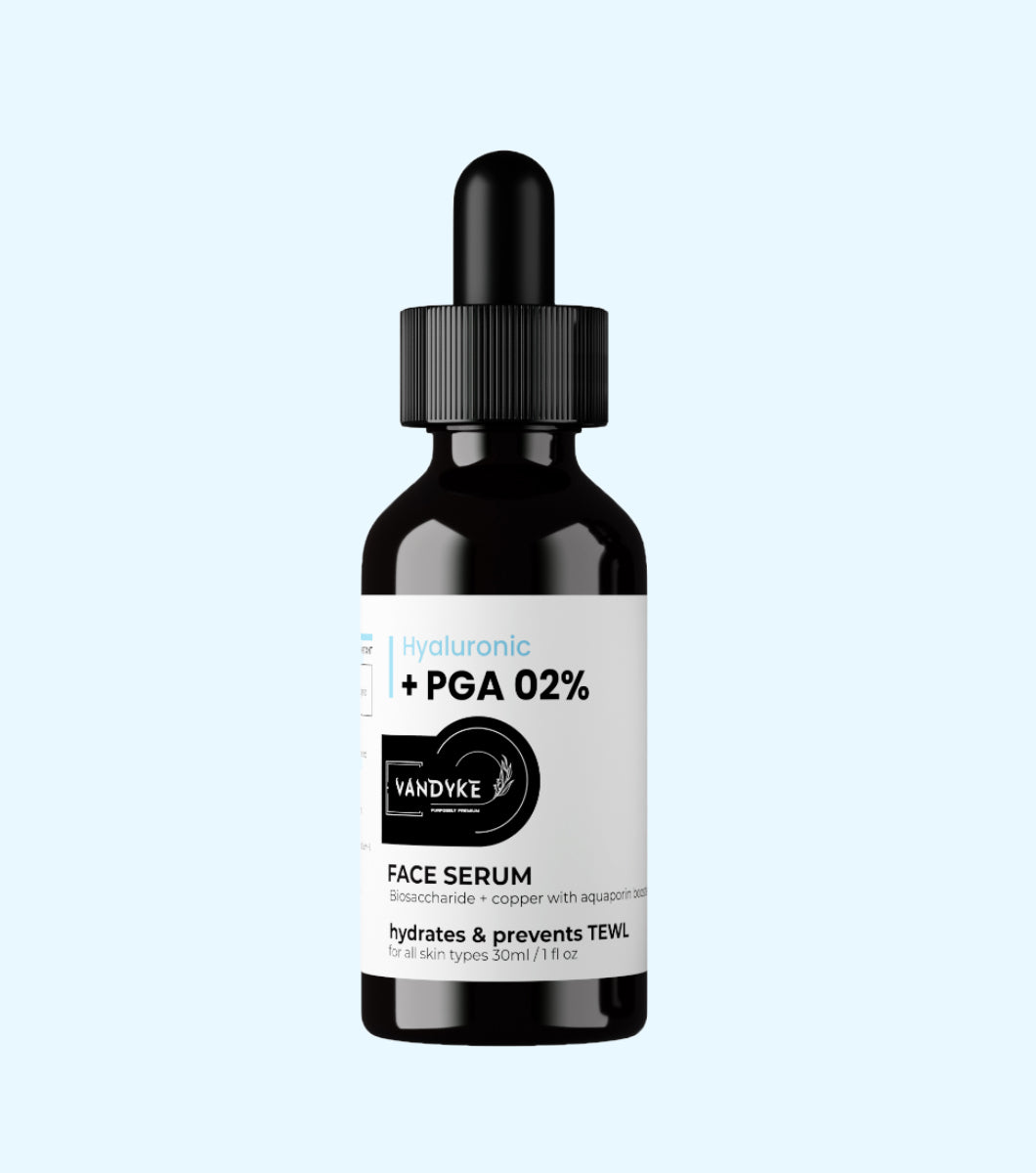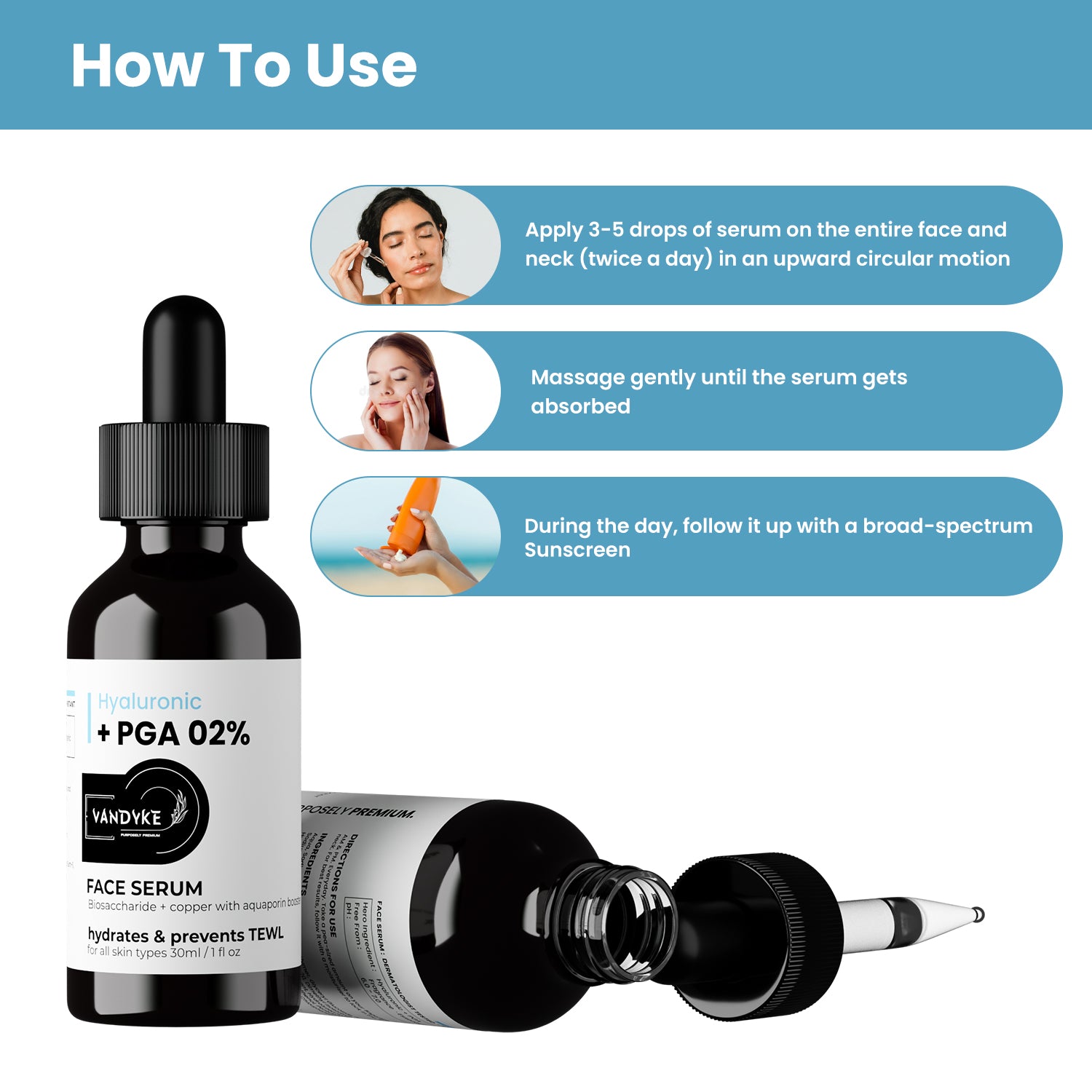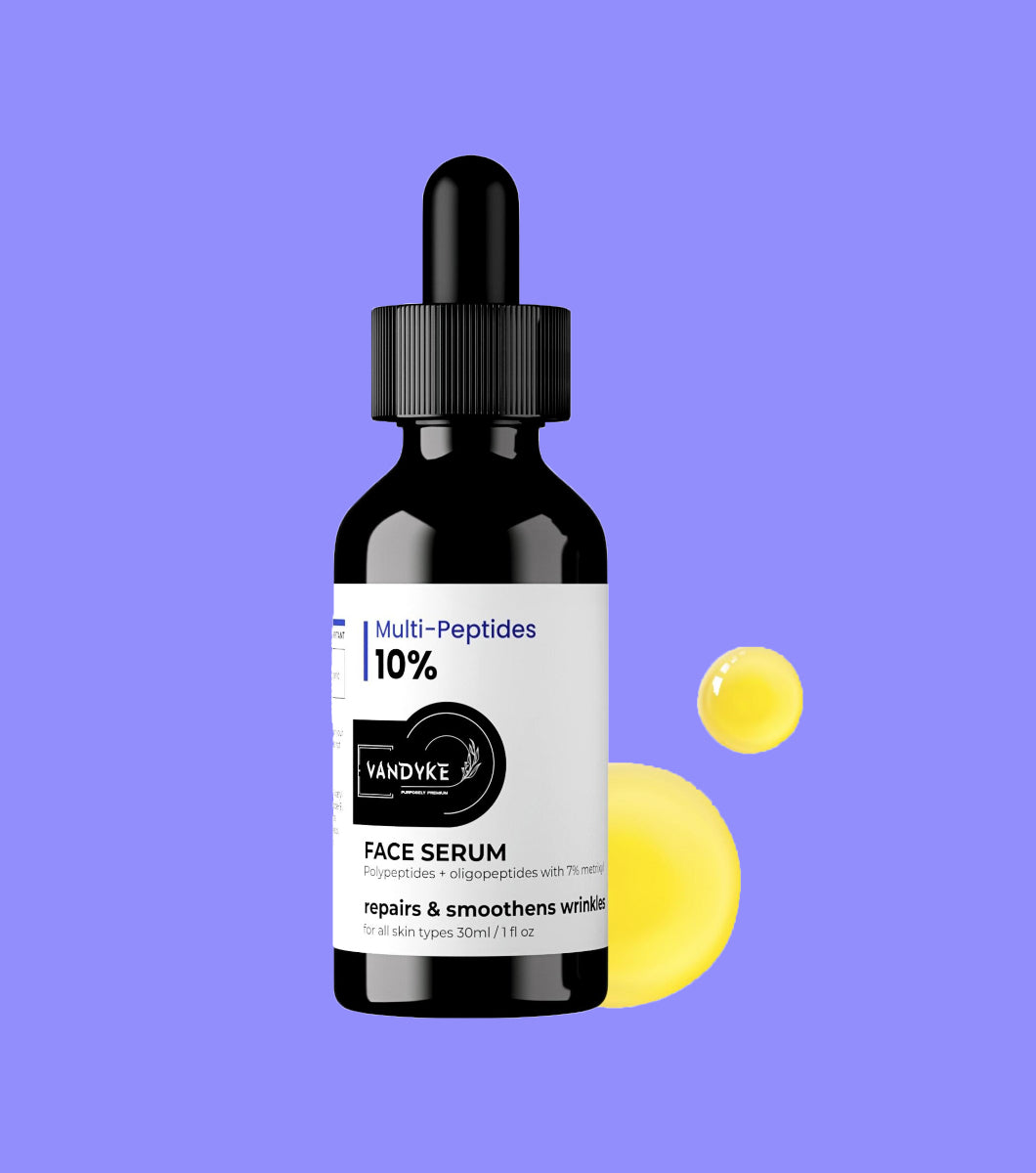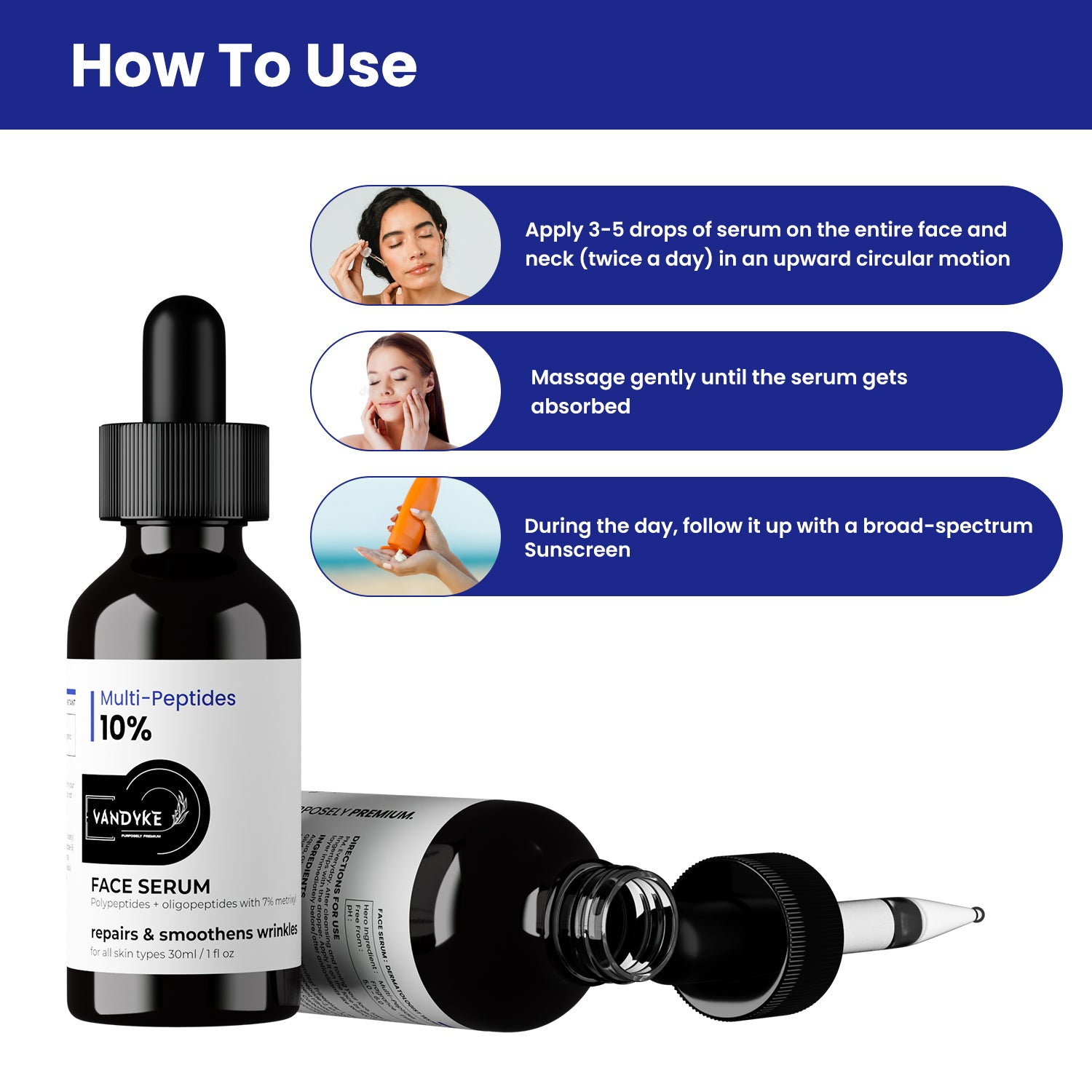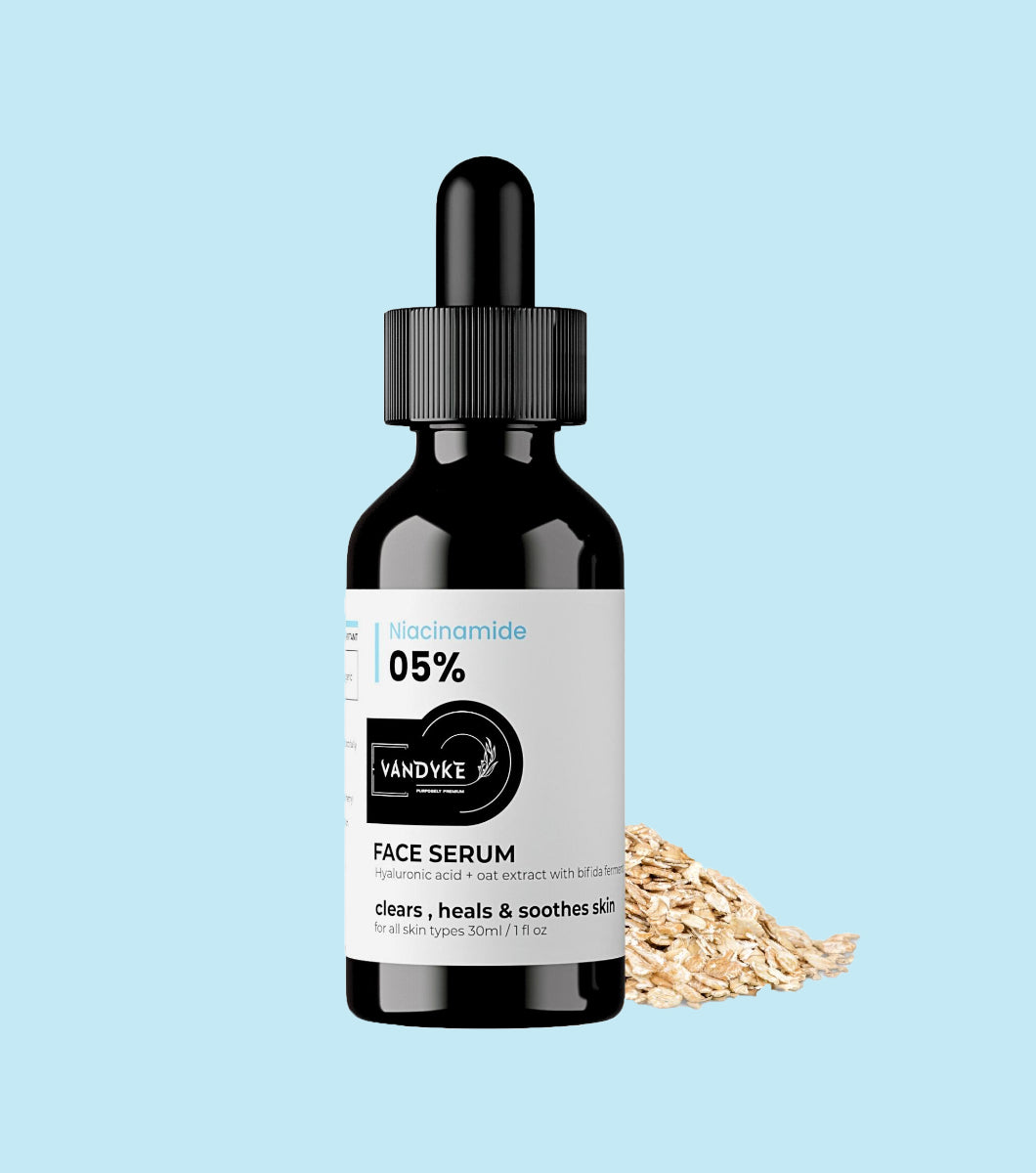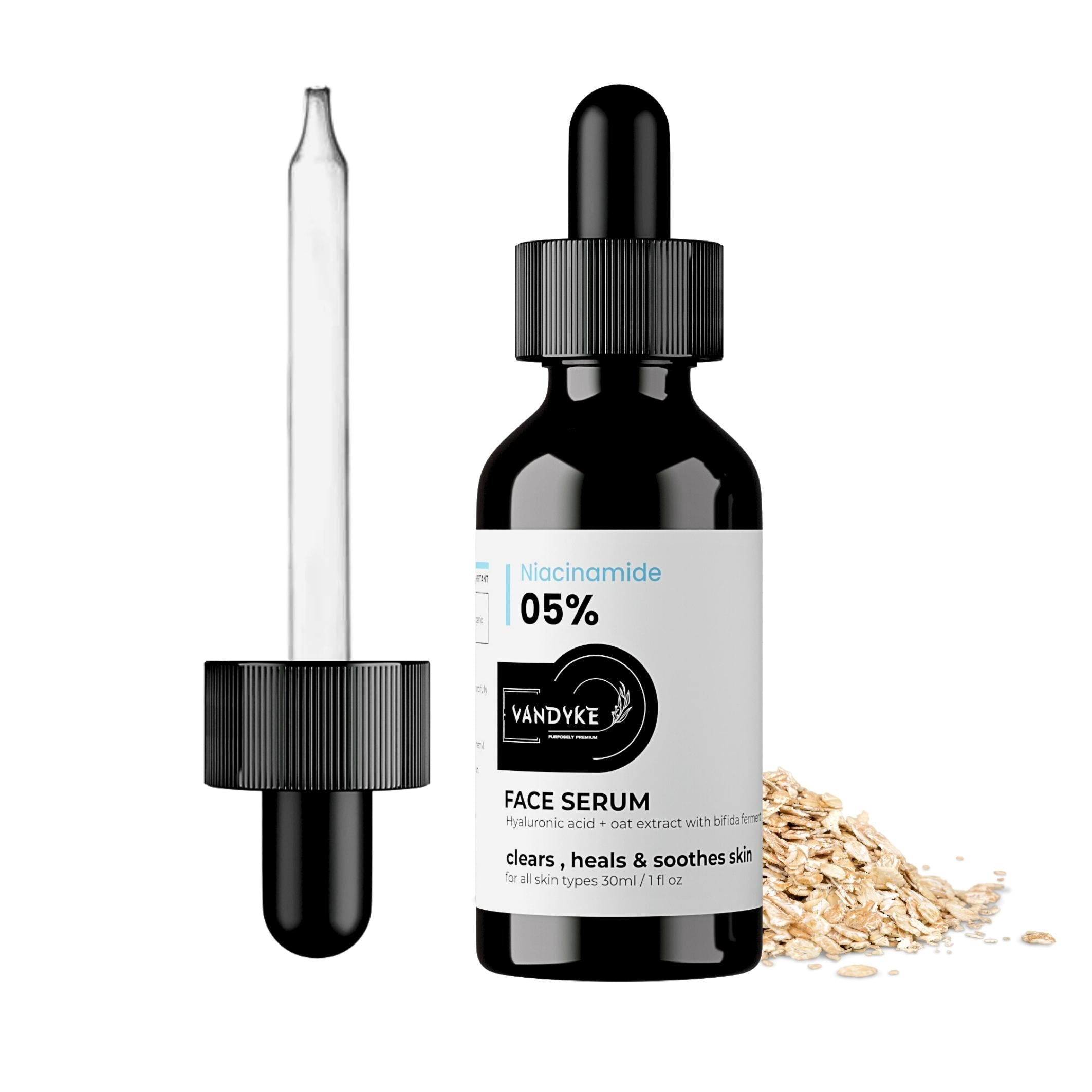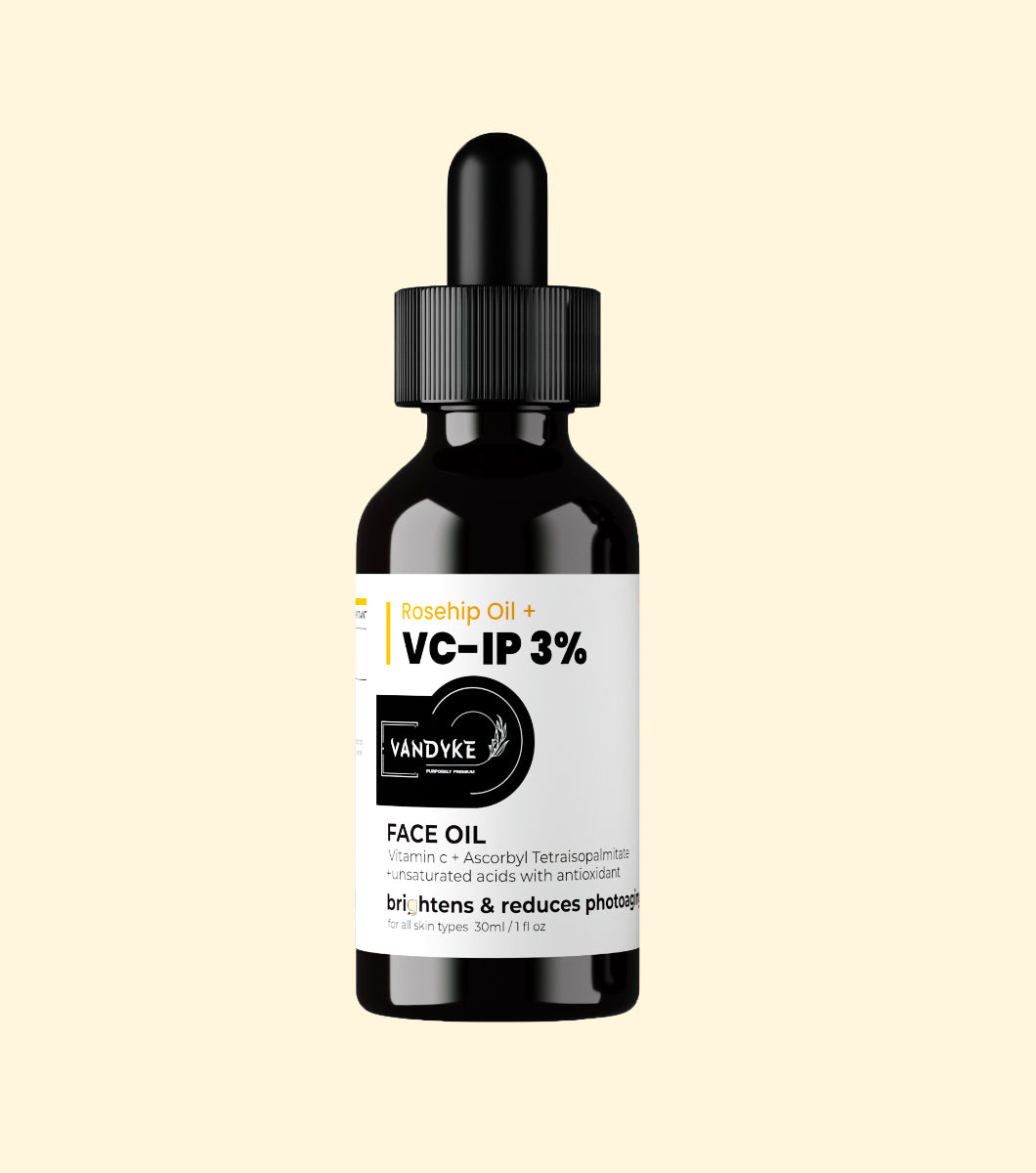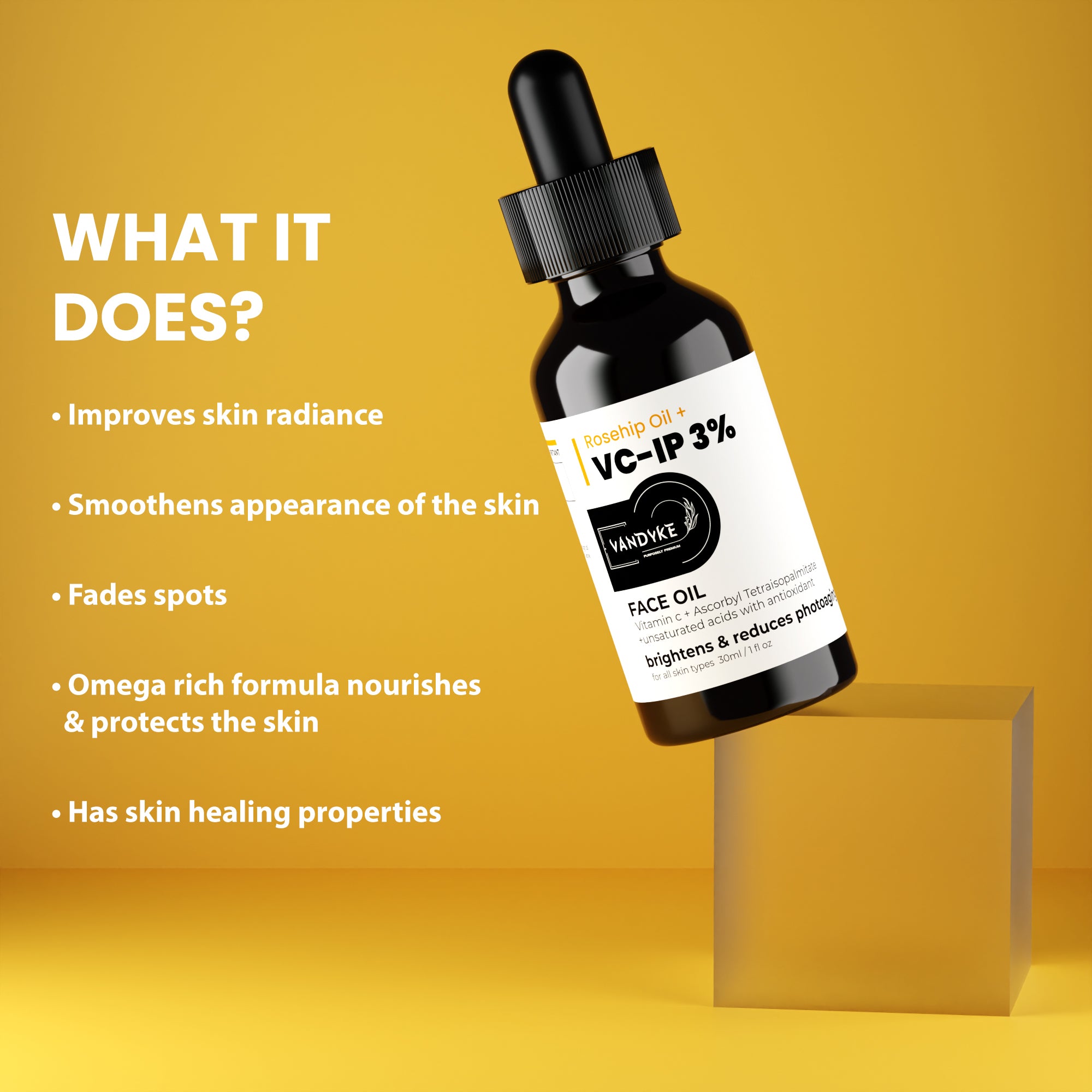
What You Should Know About Skincare in This Winter

What You Should Know About Skincare in This Winter
Winter brings not just the happiness of the holidays but also a series of skin-related challenges with its cold embrace and festive atmosphere. A lot of people notice a decrease in the condition and look of their skin as the temperature drops and the air becomes drier. A dull complexion, flakiness, and dryness are frequently associated with the winter months. We will explore the different causes of your skin looking worse in the winter and practical solutions for these problems in this in-depth blog post.
-
Lack of Moisture: The Culprit Behind Dry Skin
One of the primary reasons for the deterioration of skin health in winter is the drop in humidity levels. Cold air holds less moisture than warm air, leading to a significant reduction in the hydration levels of the skin. Indoor heating systems exacerbate the problem, as they further contribute to the dryness by robbing the air of its natural moisture.
To counteract this moisture loss, it becomes imperative to invest in a good quality moisturizer like vandyke’s Sepicalm Moisturizer For Skin Soothing, Lightweight Moisturization
Opt for products that contain hydrating ingredients such as hyaluronic acid, glycerin, and ceramides. Applying a rich moisturizer consistently, especially after cleansing, helps create a protective barrier that prevents water loss and maintains skin suppleness.
-
Harsh Winds and Chilly Temperatures: A Battle Against the Elements
The biting winds and low temperatures characteristic of winter can be harsh on the skin’s protective outer layer. This outer layer, known as the stratum corneum, acts as a barrier against environmental aggressors. However, in winter, this barrier is often compromised, leading to increased sensitivity, redness, and irritation.
Shielding your skin from the harsh winter elements involves adopting a proactive approach. Using a quality broad-spectrum sunscreen like vandyke’s Multi Vitamin Face Sunscreen , even on cloudy days, helps protect the skin from UV rays that can be equally damaging during winter. Additionally, incorporating a soothing and barrier-repairing skincare routine, including products with ingredients like chamomile, aloe vera, and shea butter, can fortify the skin’s defenses.
-
Hot Showers: A Tempting Yet Deleterious Habit
As the temperatures plummet, the allure of a hot shower becomes almost irresistible. However, indulging in prolonged hot showers can strip the skin of its natural oils, exacerbating dryness and contributing to the winter skin blues. Hot water can disrupt the lipid barrier, leading to increased water loss and leaving the skin feeling tight and parched.
A sensible approach involves opting for shorter, lukewarm showers and using mild, hydrating cleansers like Vandyke 2% Salicylic Acid Face Cleanser that maintain the skin’s natural pH balance. Immediately after bathing, pat the skin dry and apply a moisturizer to lock in the moisture.
-
Nutritional Impact: Winter Diet and Skin Health
What we consume plays a crucial role in the health and appearance of our skin. During winter, there’s a tendency to crave comfort foods that may be high in sugar and processed carbohydrates. These dietary choices can contribute to inflammation and skin issues.
To support your skin from within, focus on a balanced diet rich in antioxidants, vitamins, and essential fatty acids. Incorporate foods like fruits, vegetables, nuts, and fatty fish to provide your skin with the nutrients it needs to stay healthy. Staying well-hydrated by consuming an adequate amount of water also contributes to skin hydration.
-
Overlooking Exfoliation: A Winter Skincare Mistake
Exfoliation is a key step in any skincare routine, but it becomes even more crucial in winter. The cold weather can lead to an accumulation of dead skin cells, causing the skin to look dull and flaky. However, some individuals make the mistake of skipping exfoliation during winter, fearing it might exacerbate dryness.
Choosing a gentle exfoliant that suits your skin type can effectively remove dead skin cells and promote cell turnover without causing irritation. Incorporating exfoliation into your weekly skincare routine can unveil a smoother, more radiant complexion even in the depths of winter.
-
Inadequate Hydration: Inside Out
As important as it is to apply moisturizers topically, it is just as important to stay hydrated internally. The dry air of winter can cause the body to lose more water, which can impact the skin’s overall moisture content. Flakiness, dullness, and fine lines are more common in dehydrated skin.
Maintaining a sufficient water intake throughout the day aids in the internal hydration of the skin. Drinking herbal teas and eating foods high in water content, such as watermelon and cucumbers, can also help you consume enough fluids.
-
Neglecting the Lips: A Common Winter Oversight
The delicate skin on our lips is particularly vulnerable to the harsh winter conditions. Exposure to cold winds and low humidity can result in dry, chapped lips, making them look less than their best.
Combatting this issue involves incorporating a lip balm or salve into your daily routine. Look for formulations with hydrating ingredients like shea butter, coconut oil, or beeswax. Regular application can keep your lips soft, supple, and ready to face the winter chill.
-
Stress and Its Impact on the Skin
Winter often coincides with the holiday season, which, while festive, can also bring about heightened stress levels. Stress is known to impact the skin negatively, triggering conditions like acne, eczema, and psoriasis. Moreover, stress can disrupt the skin’s natural barrier function, making it more susceptible to external irritants.
Incorporating stress management techniques into your routine, such as meditation, deep breathing exercises, or engaging in activities you enjoy, can positively impact both your mental well-being and the health of your skin.
-
Choosing the Right Skincare Products: A Winter Necessity
The skincare products you use play a pivotal role in how your skin weathers the winter season. What may have worked in the summer might not provide sufficient hydration and protection in the colder months.
Consider switching to a more hydrating cleanser and a thicker moisturizer during winter. Products containing ingredients like hyaluronic acid, glycerin, and natural oils can provide the extra nourishment your skin needs. Additionally, incorporating a hydrating serum into your routine can offer a concentrated boost of moisture.
-
Consulting a Dermatologist: When in Doubt, Seek Professional Guidance
If despite your efforts, your skin concerns persist or worsen during winter, it may be time to consult a dermatologist. A professional can assess your skin’s specific needs and recommend targeted solutions to address your winter skin woes. They may suggest specific treatments or adjustments to your skincare routine based on your skin type and any underlying conditions.
In conclusion
Understanding why your skin looks worse in winter is the first step toward developing a proactive and effective skincare routine. By addressing the various factors contributing to winter skin issues and adopting a holistic approach that includes protective measures, hydration, and appropriate skincare products, you can ensure your skin remains healthy, radiant, and resilient even in the coldest months of the year. Remember, a little extra care can go a long way in maintaining your skin’s natural beauty throughout the winter season.

